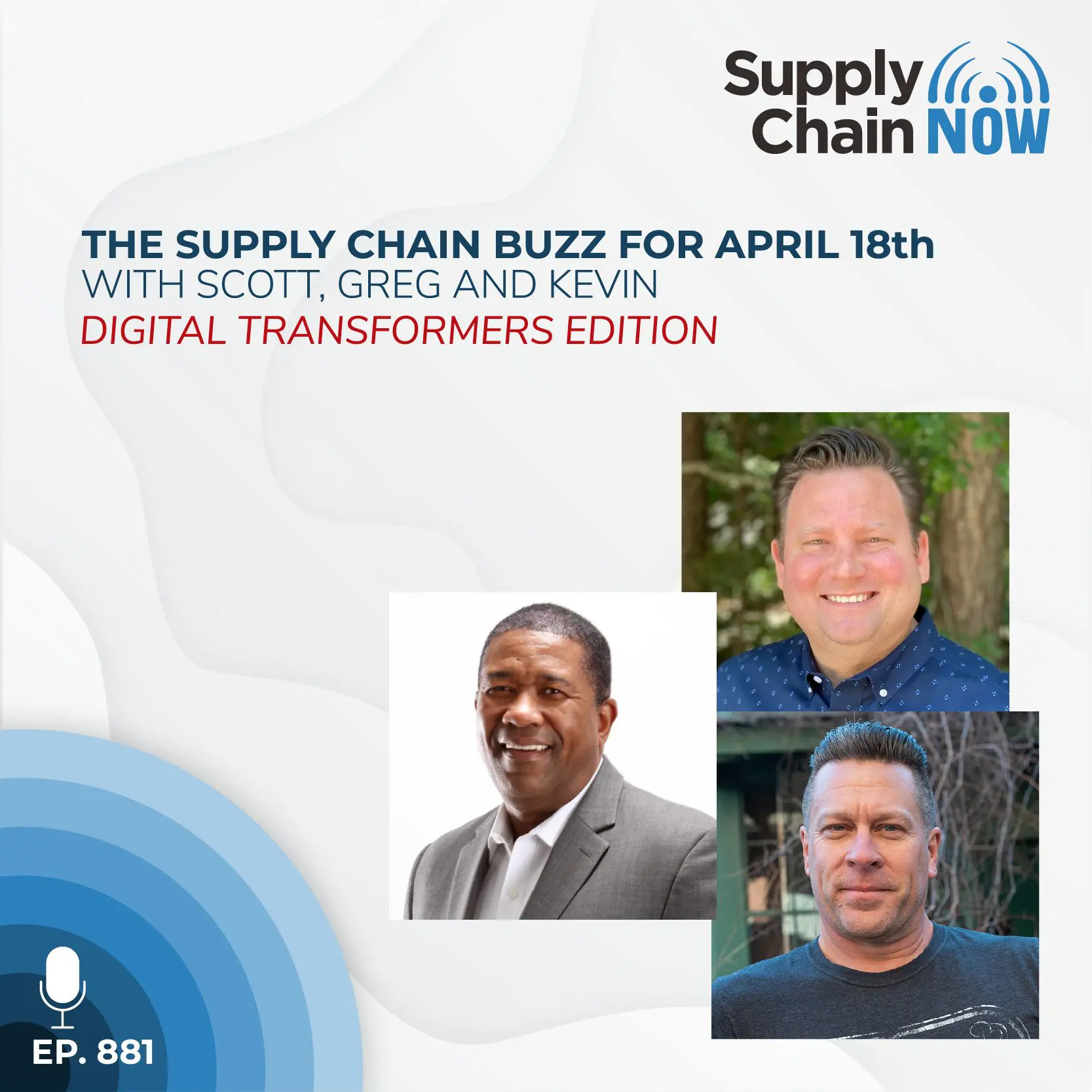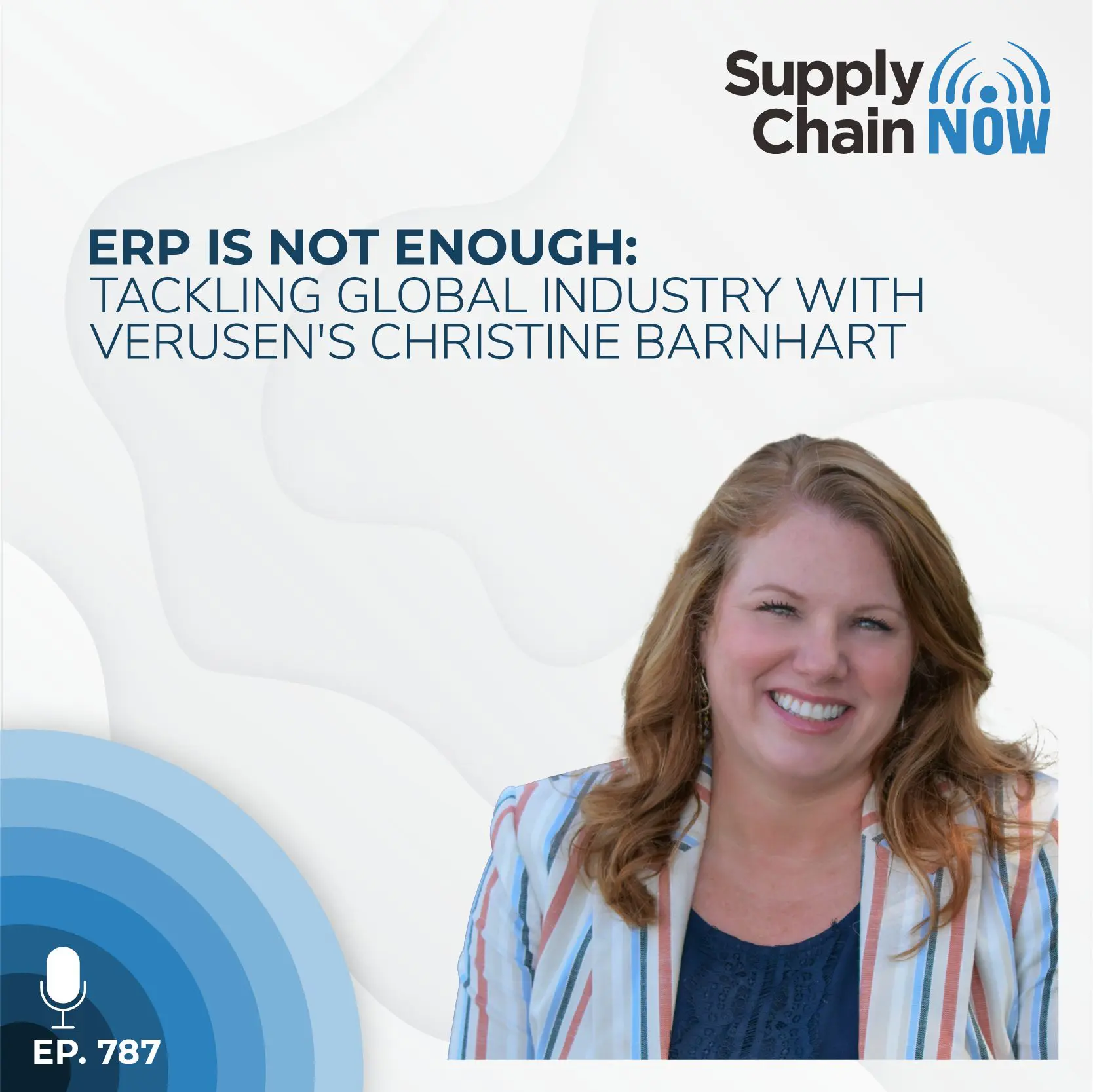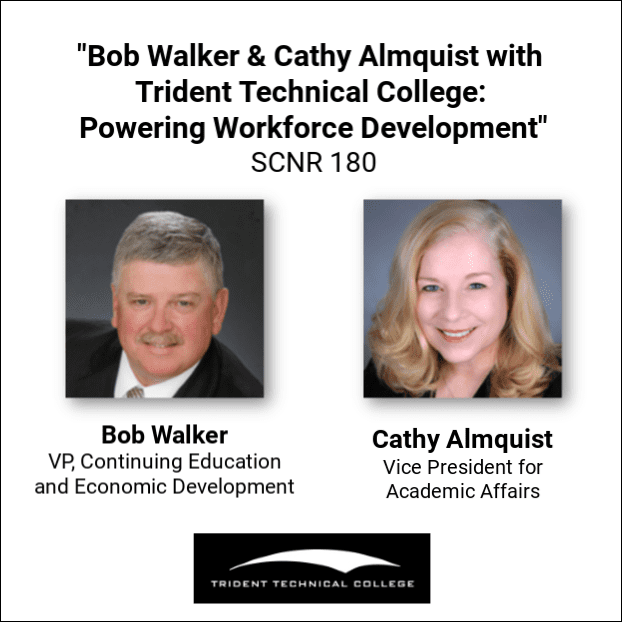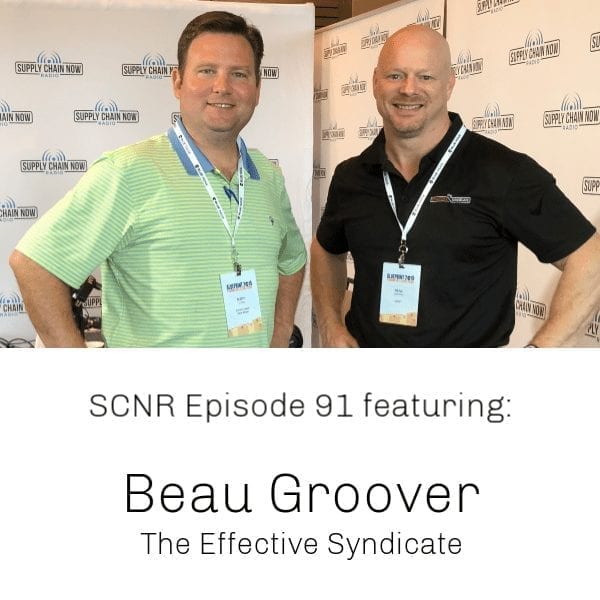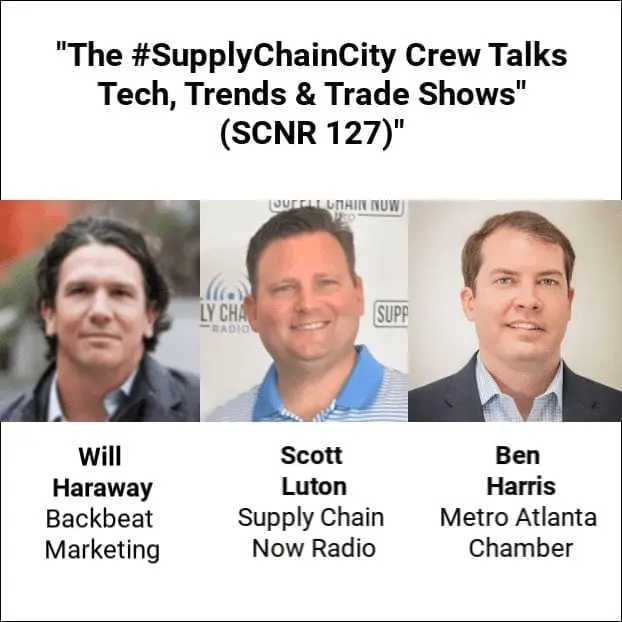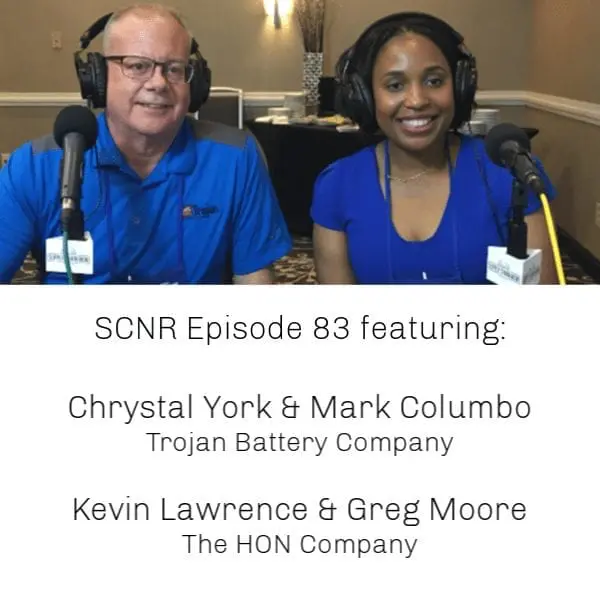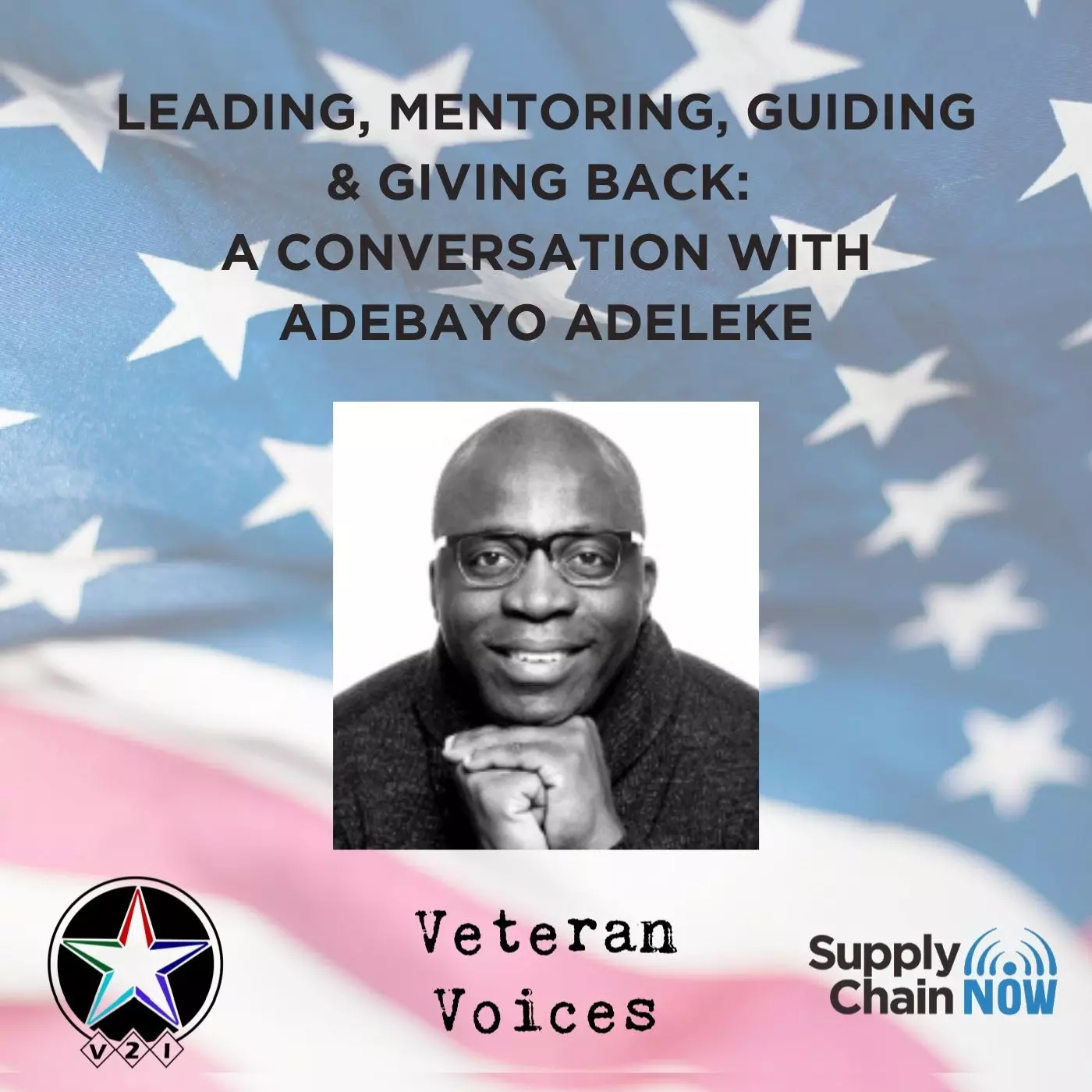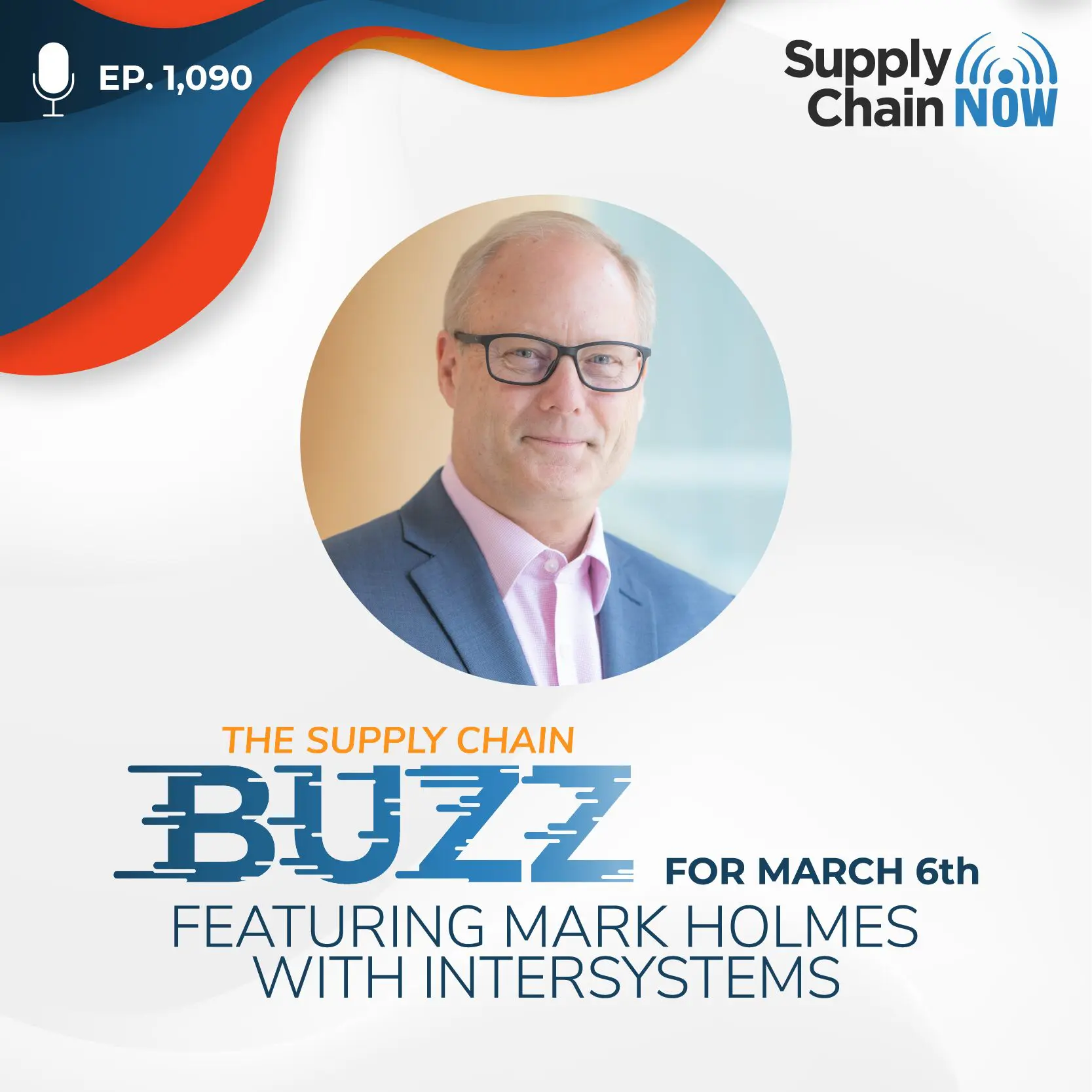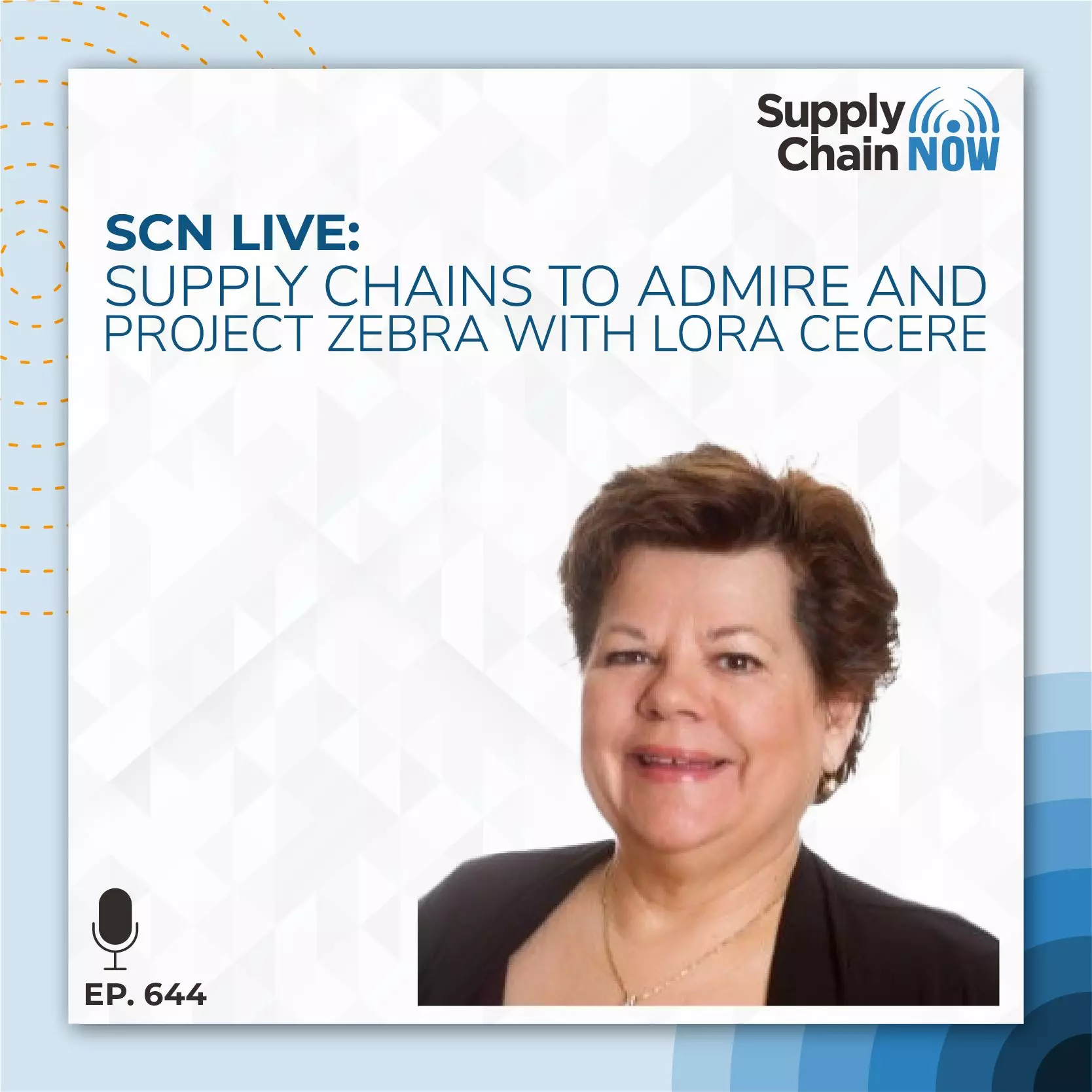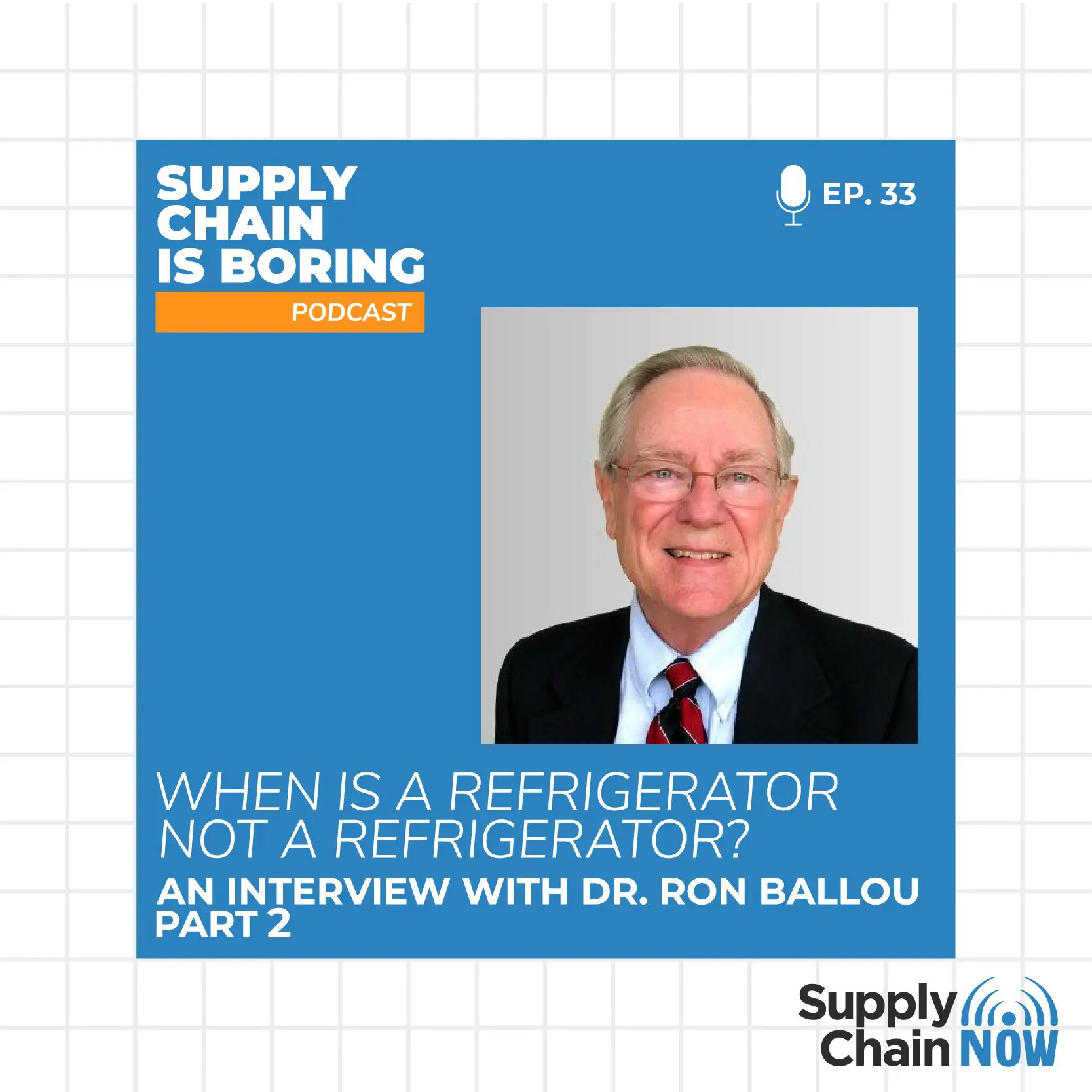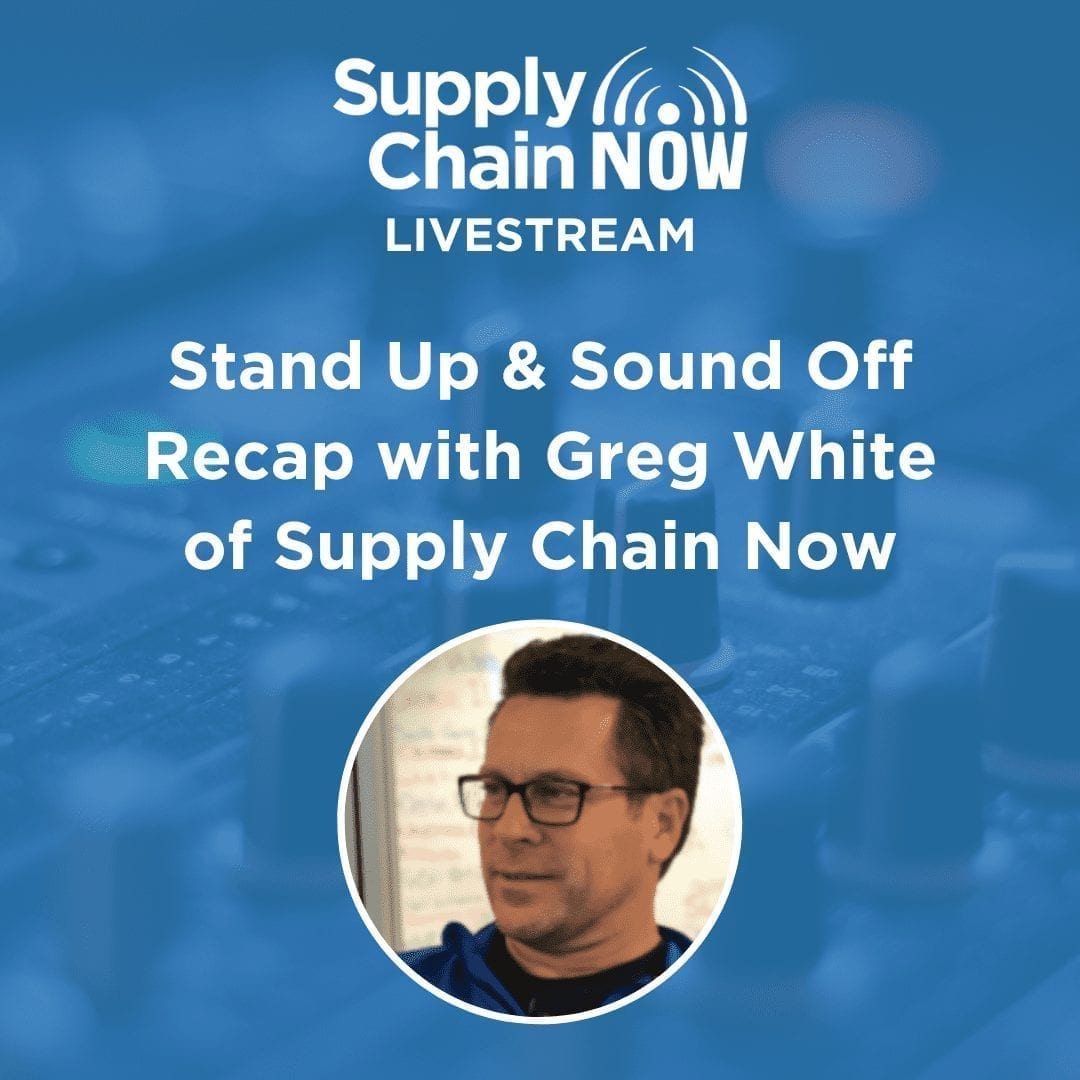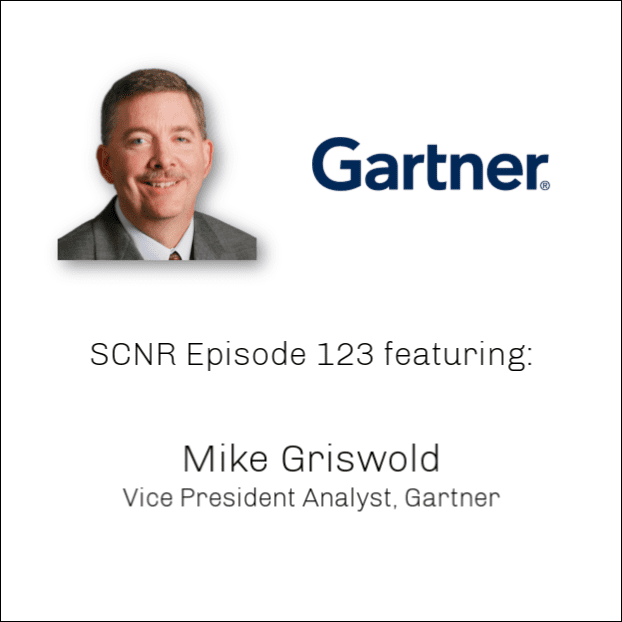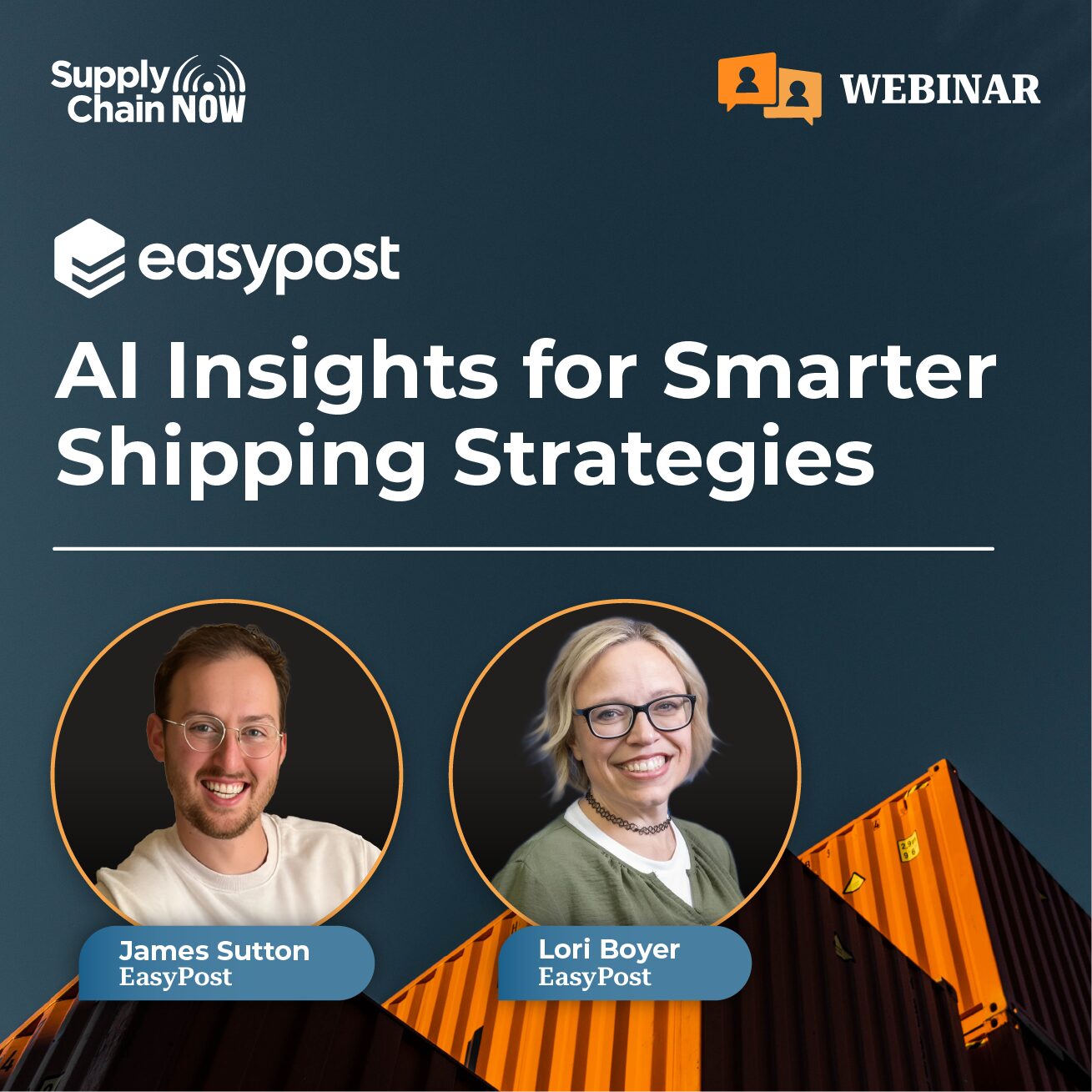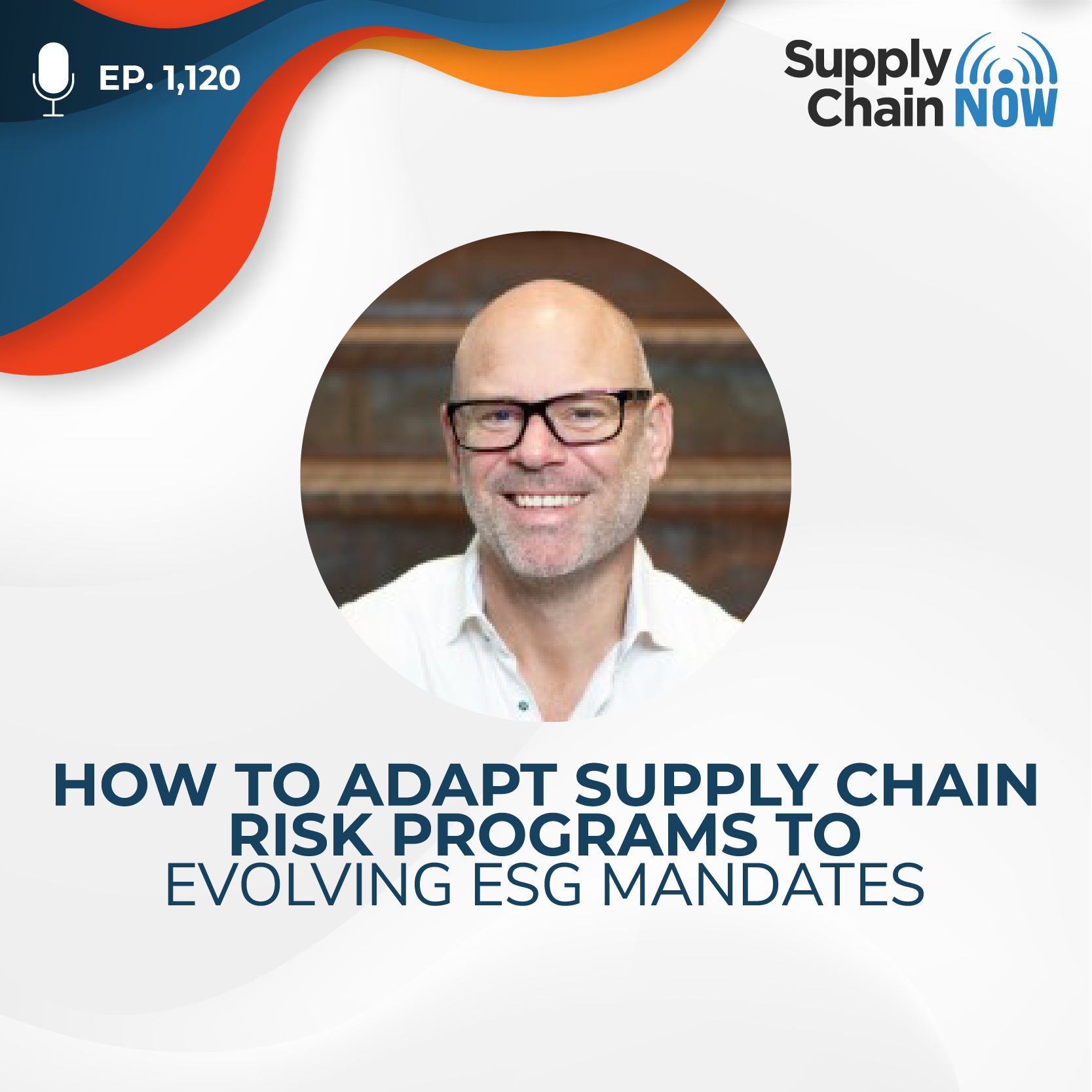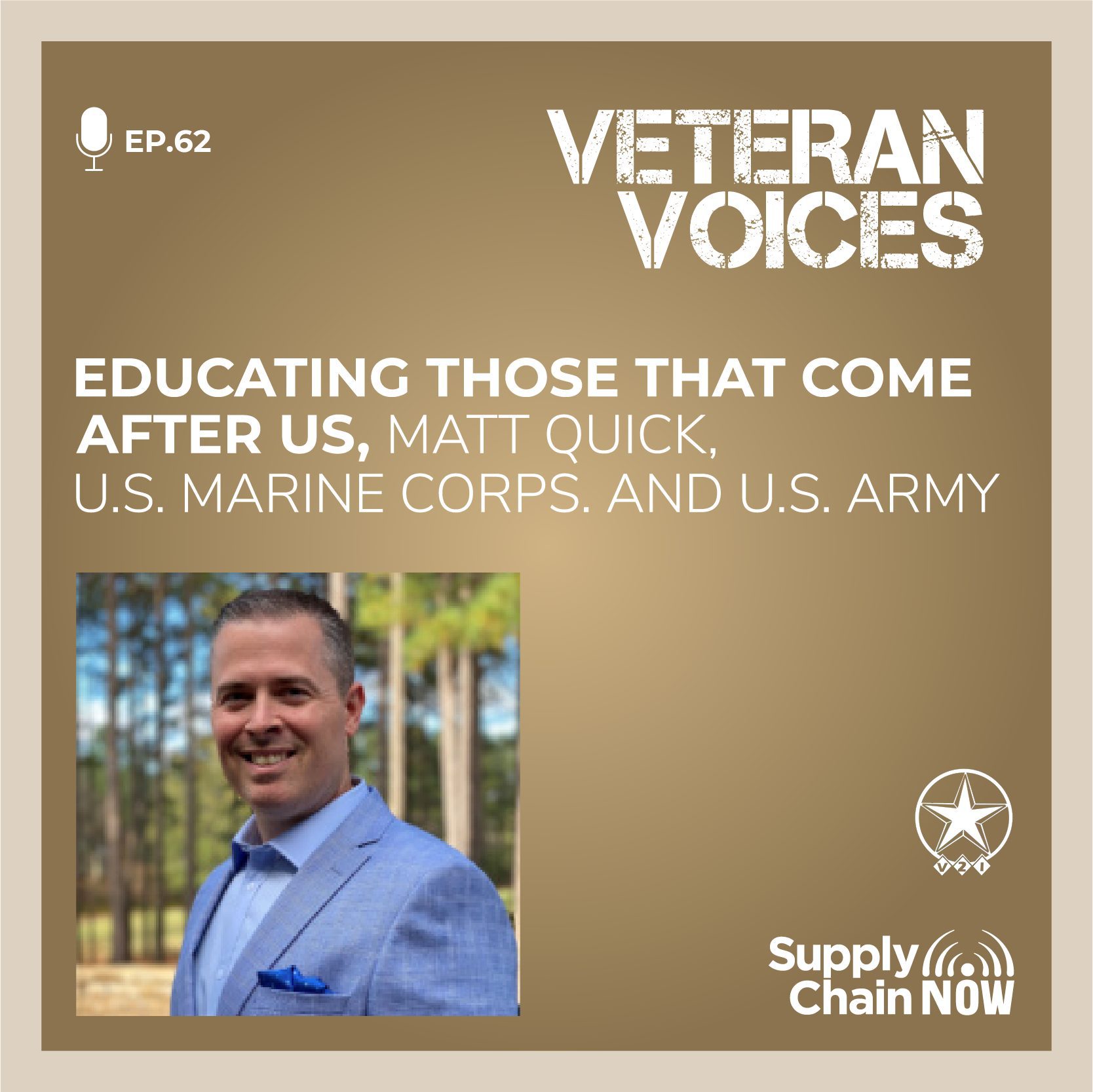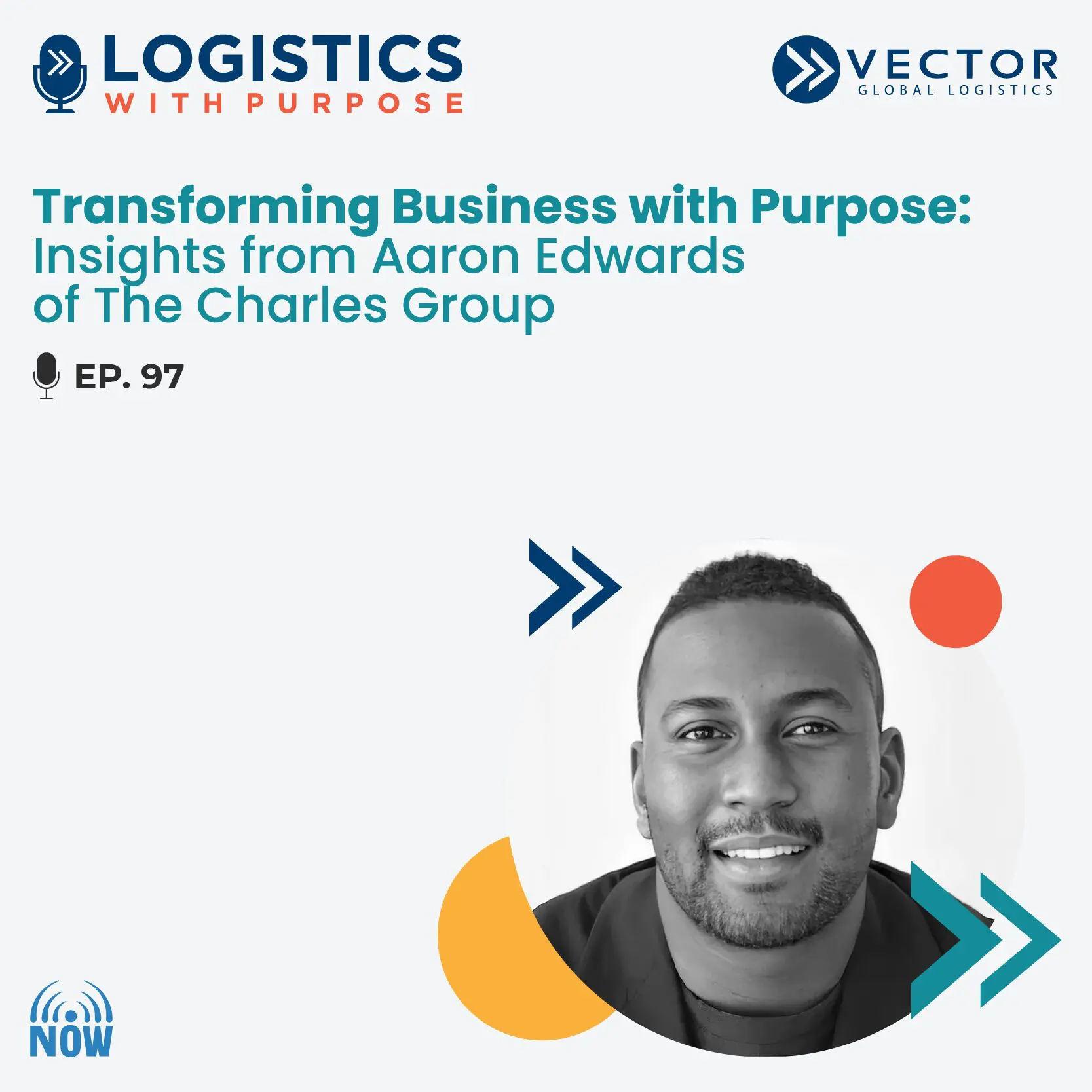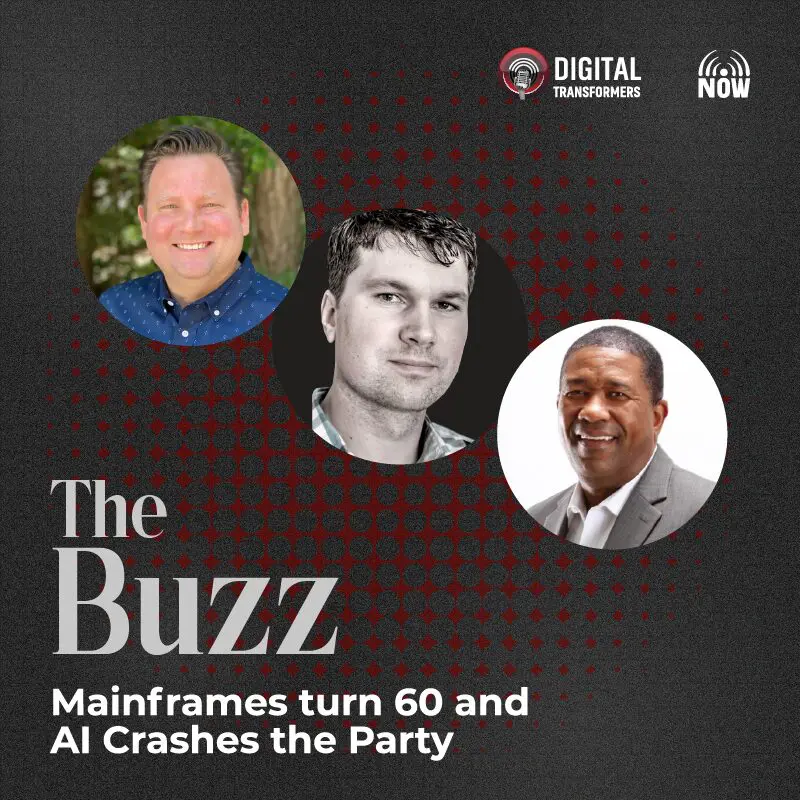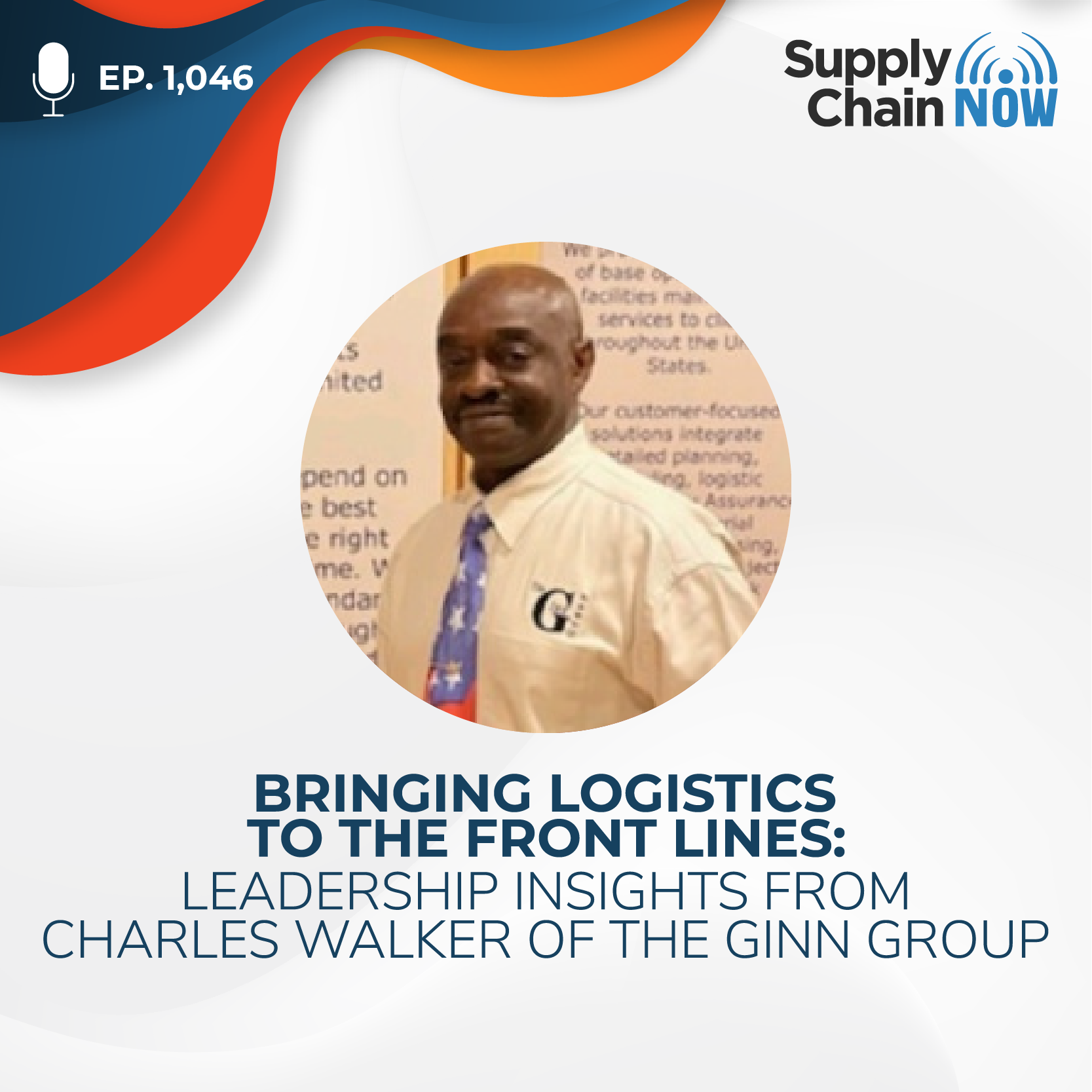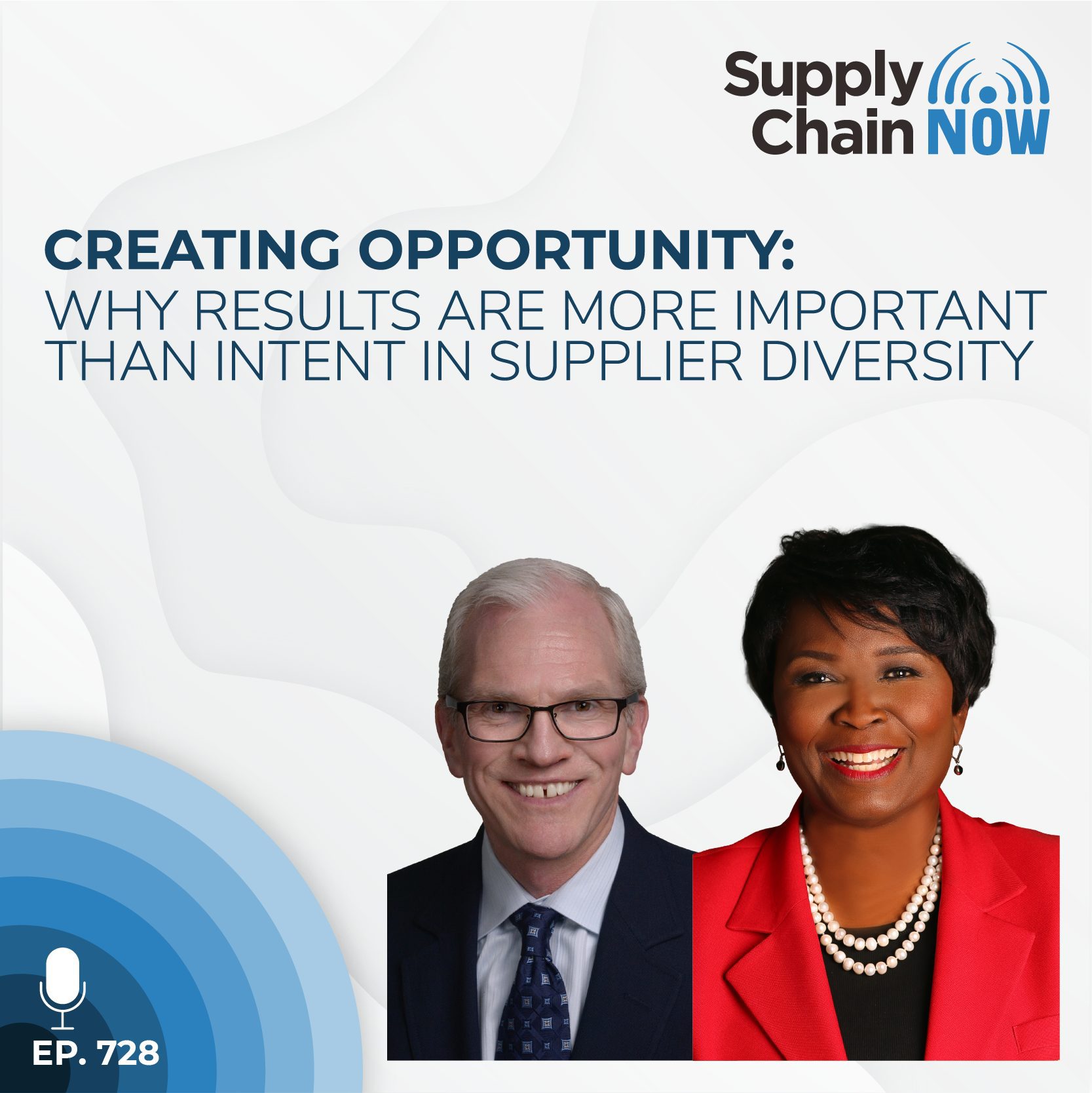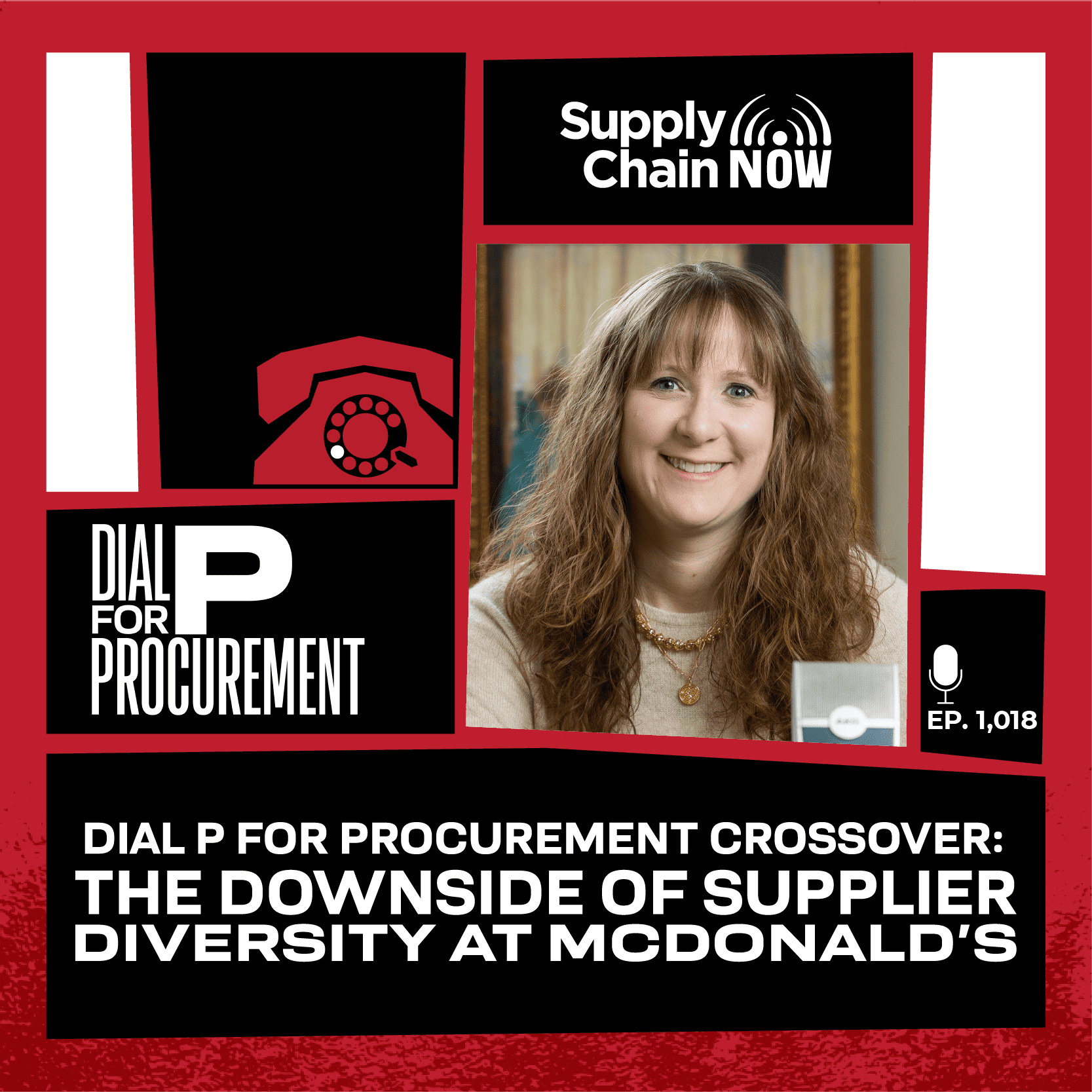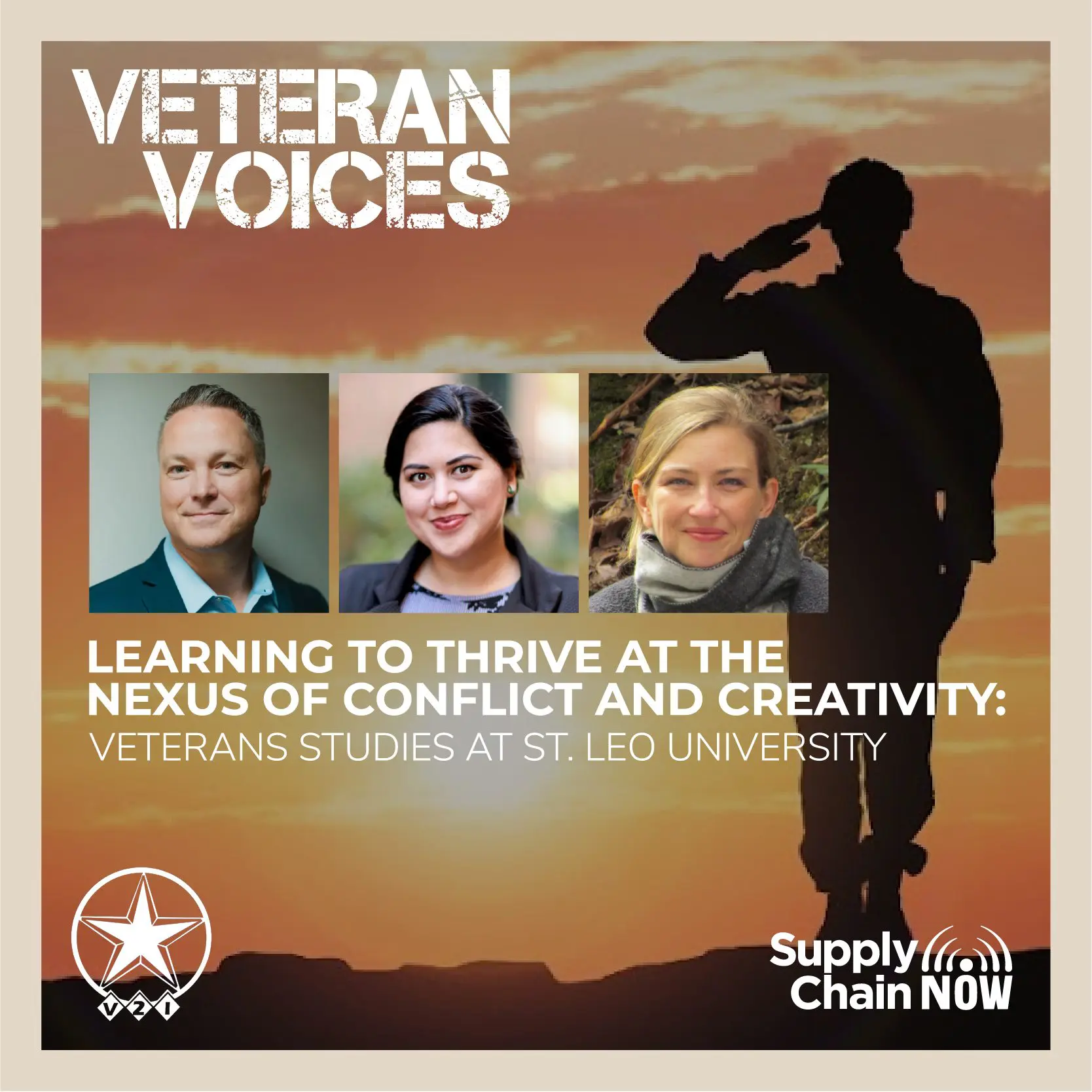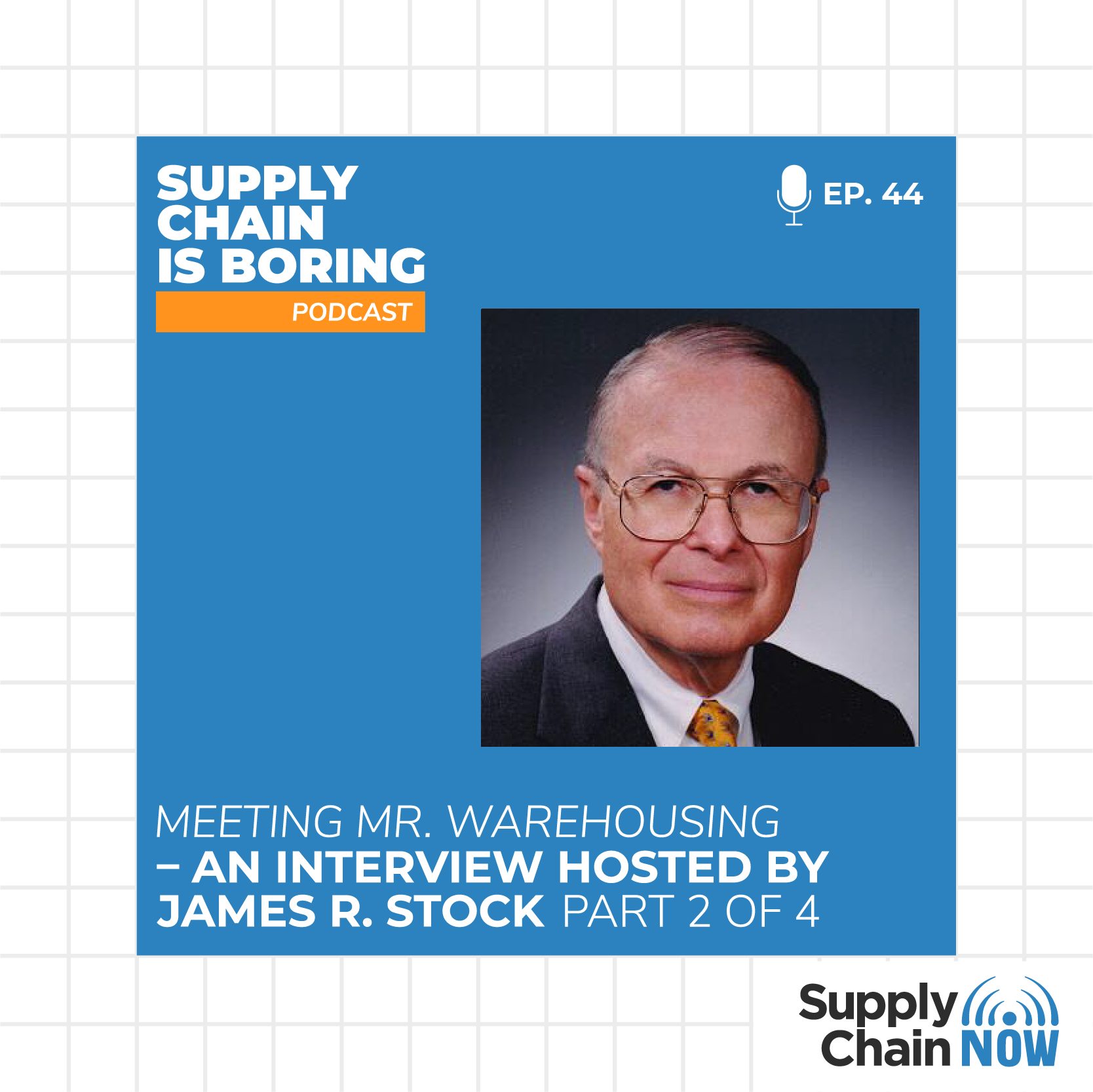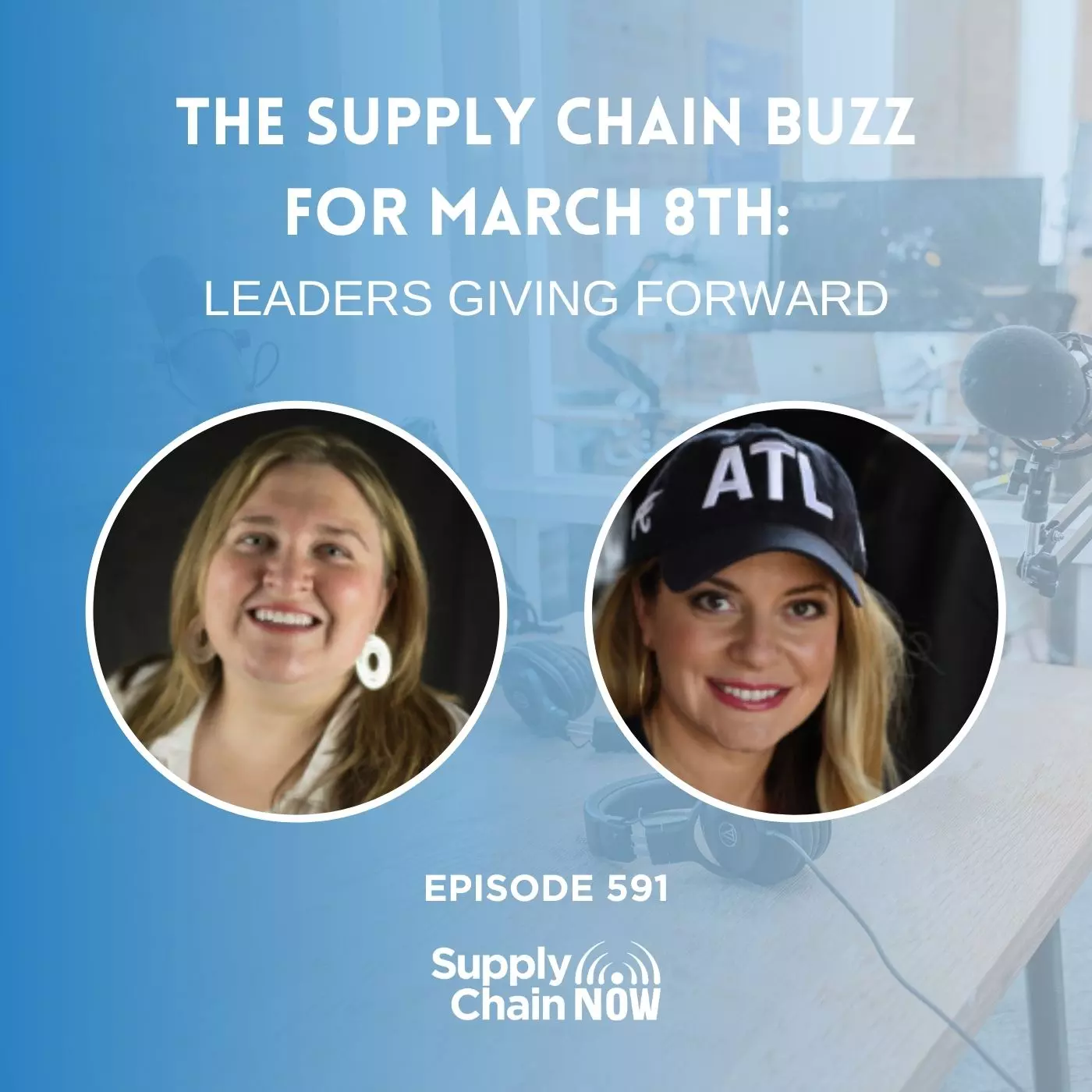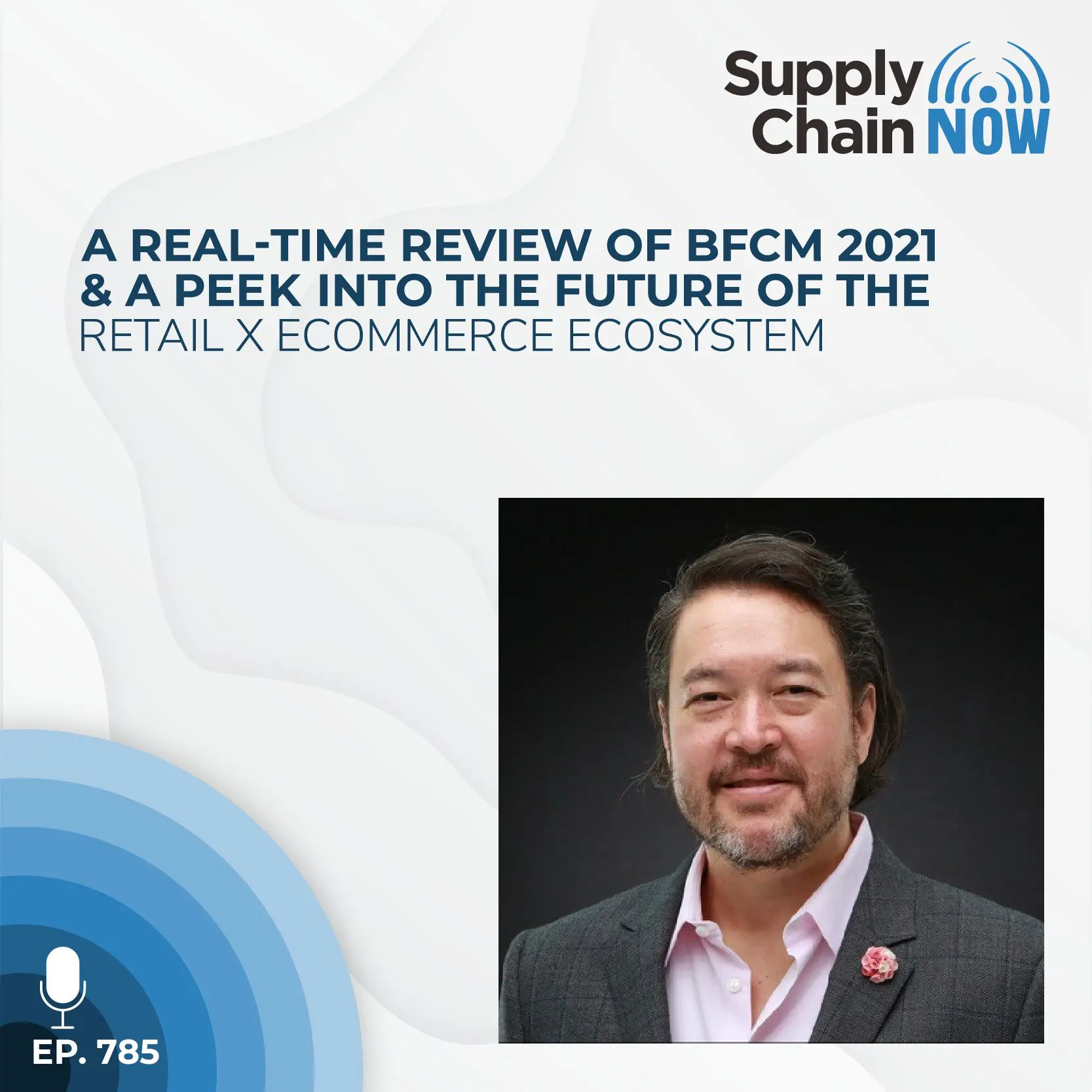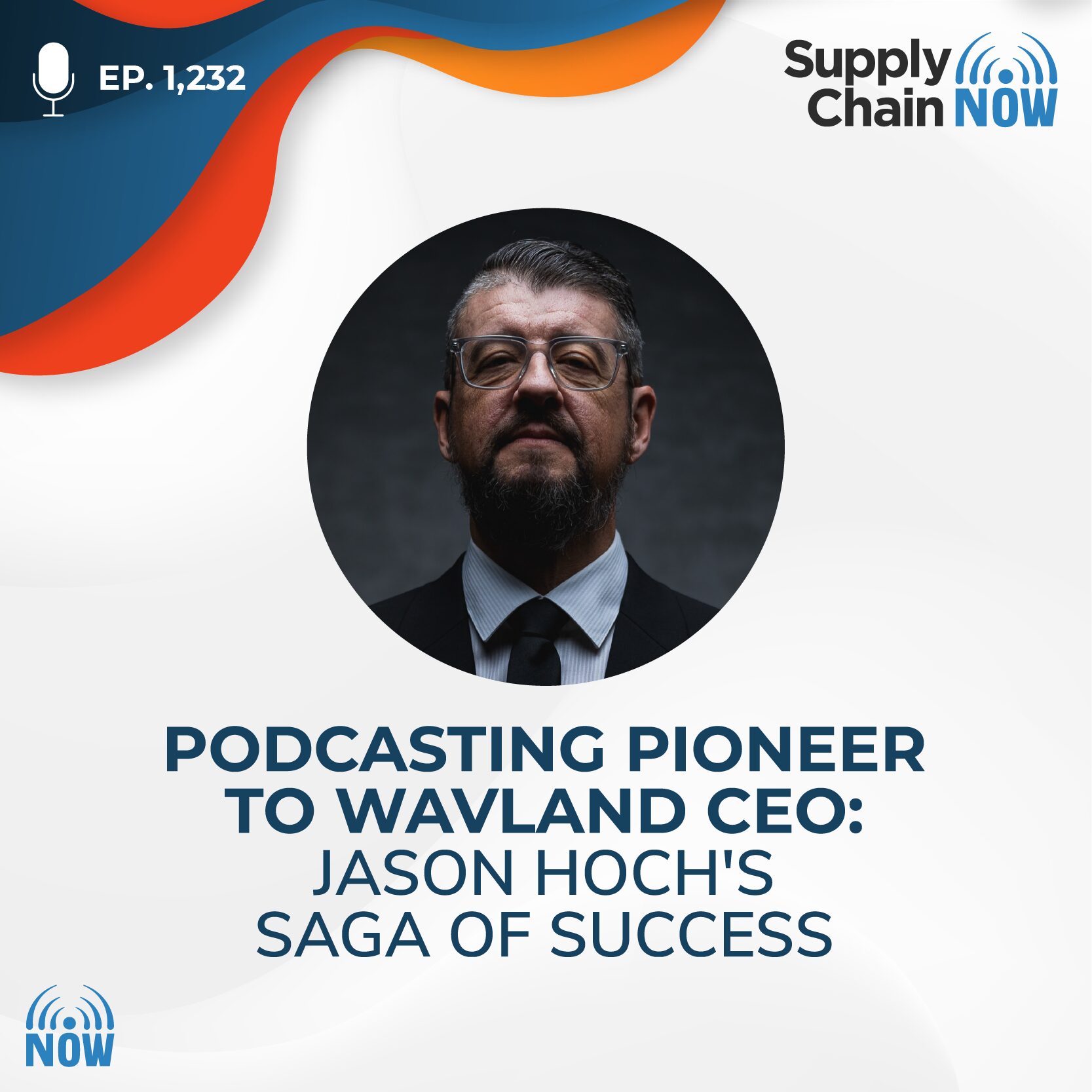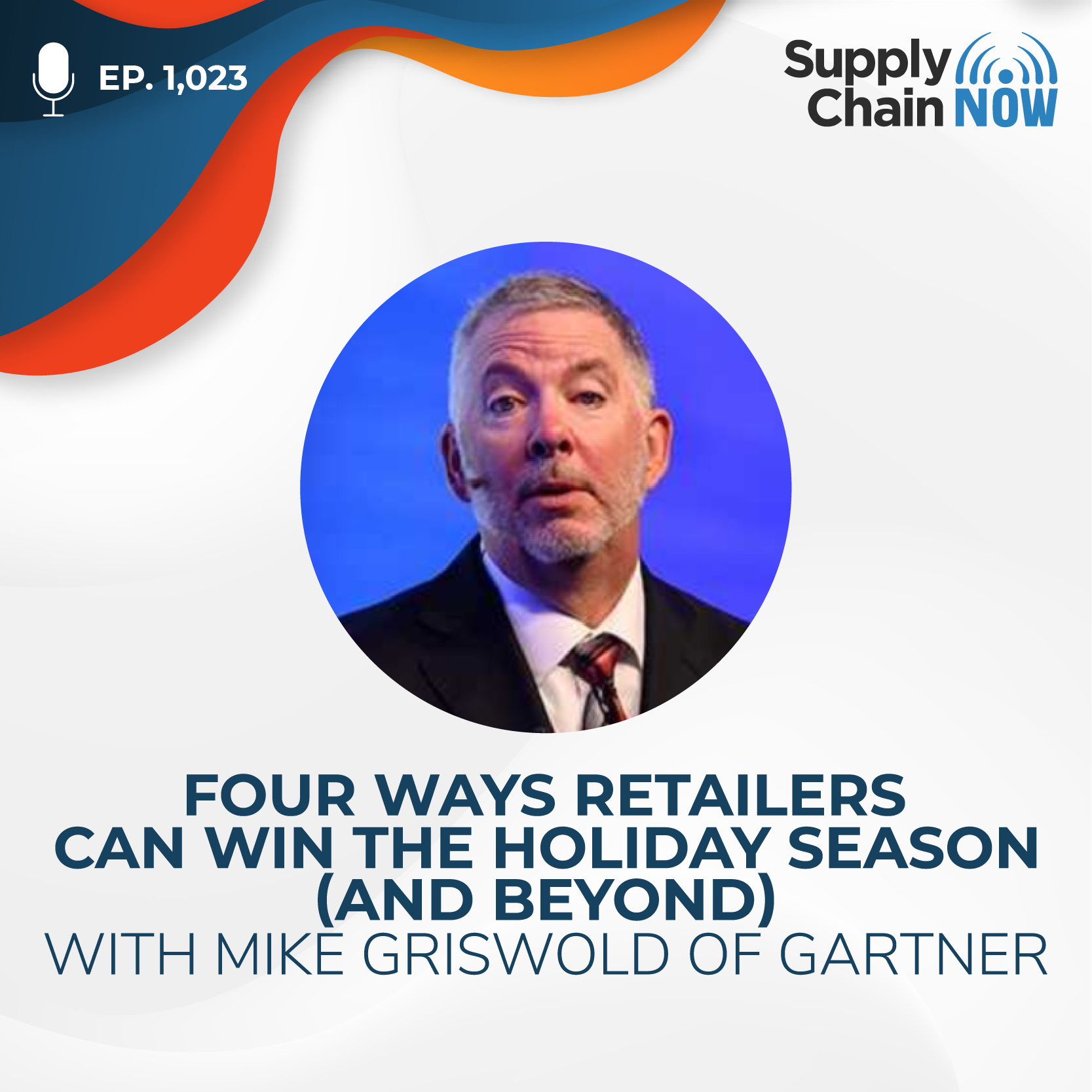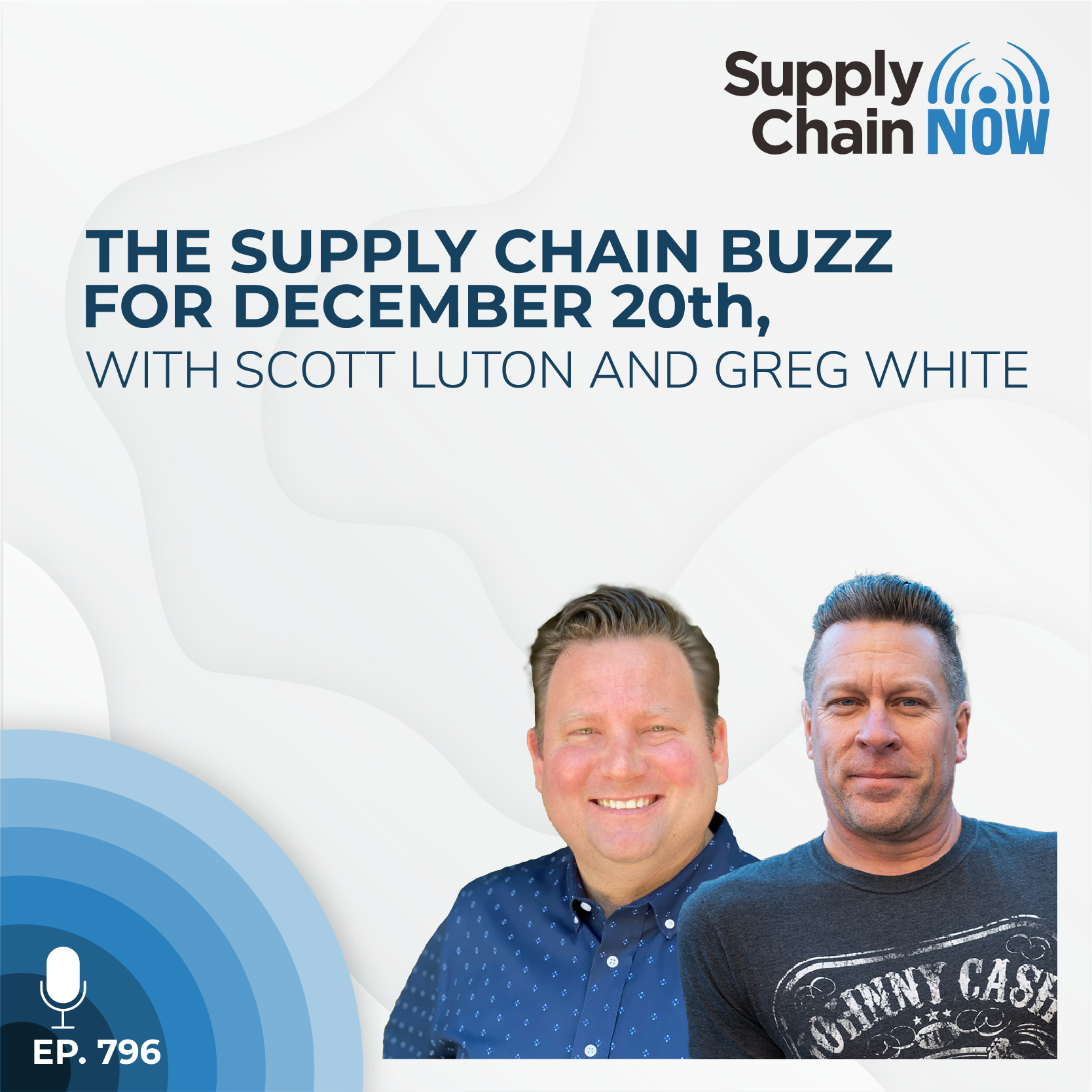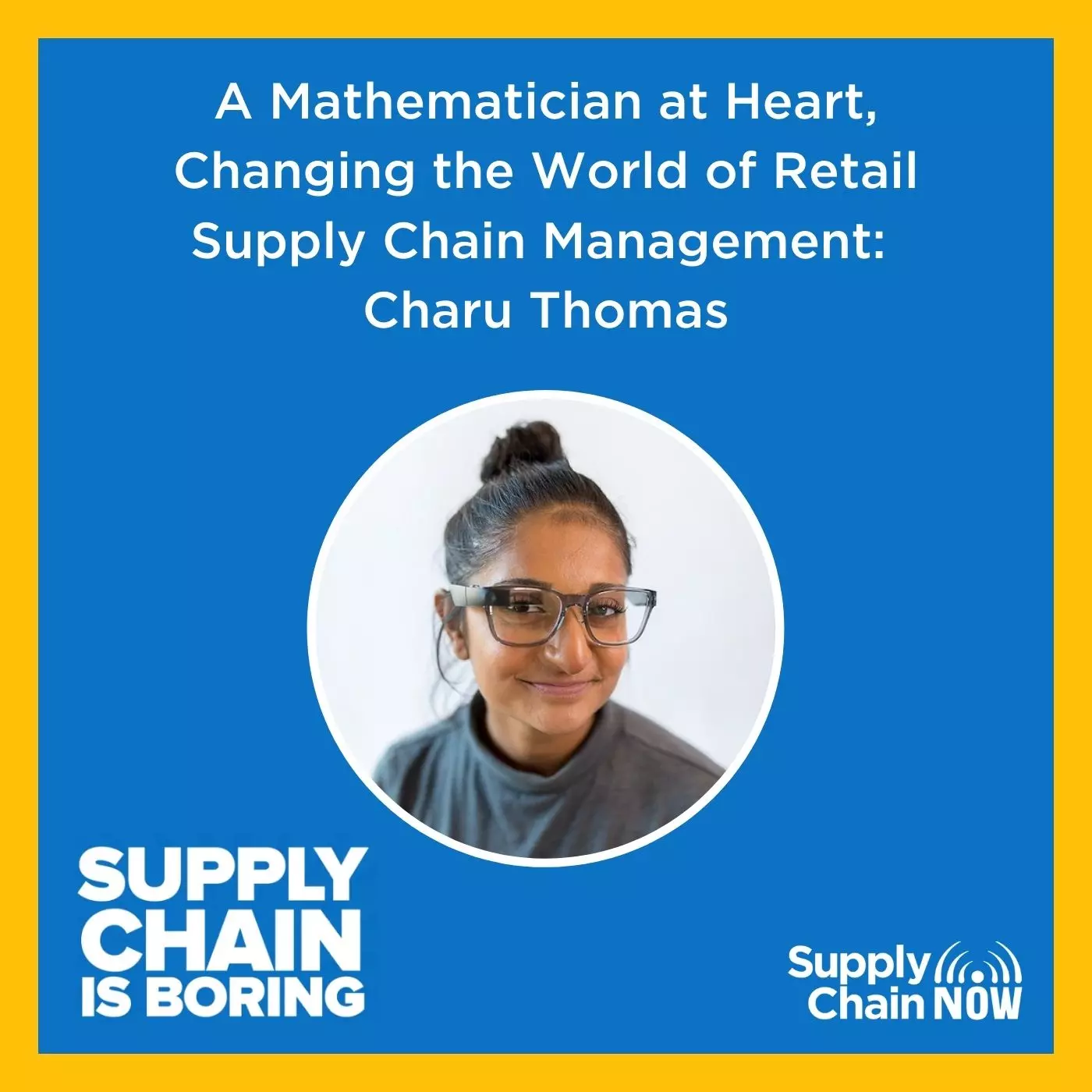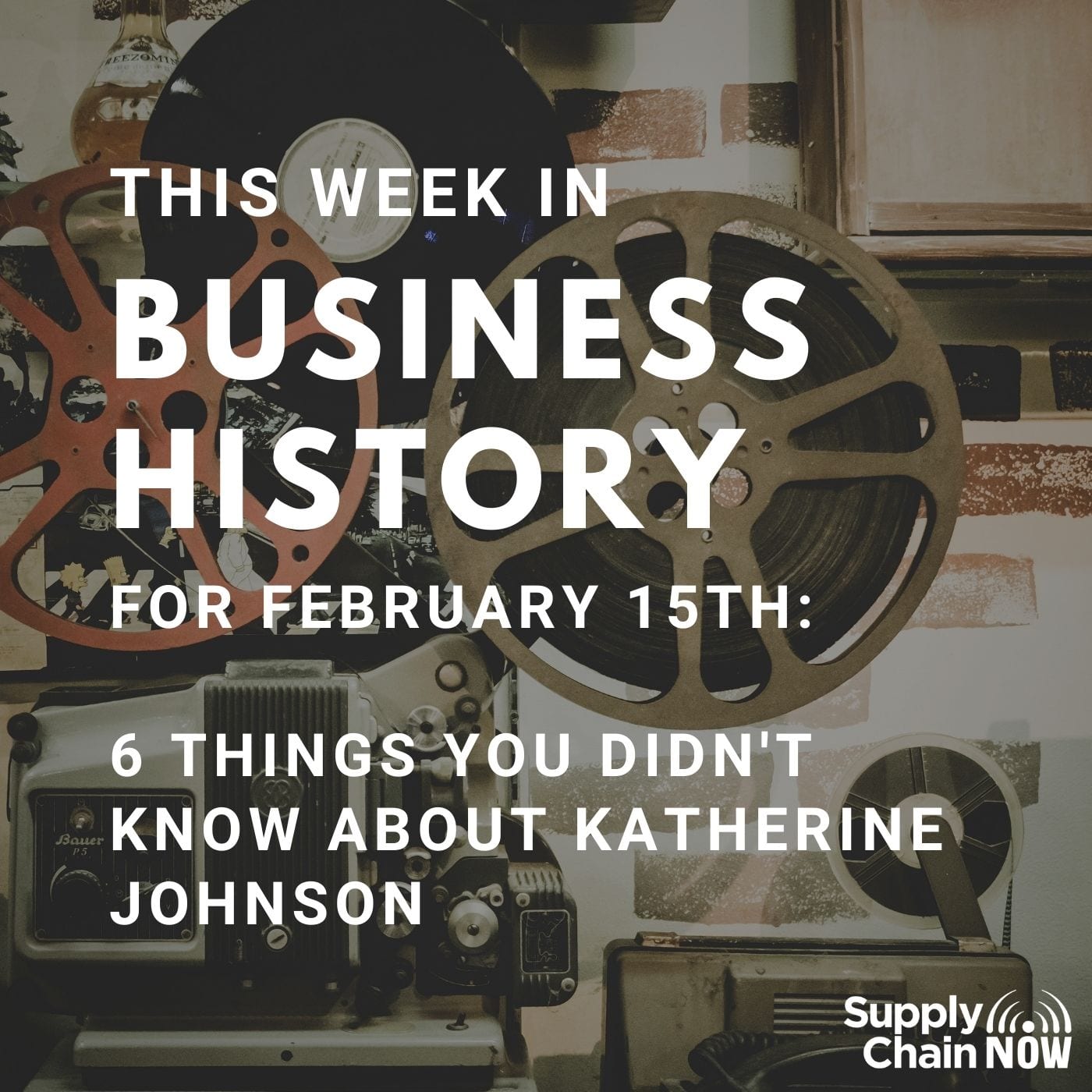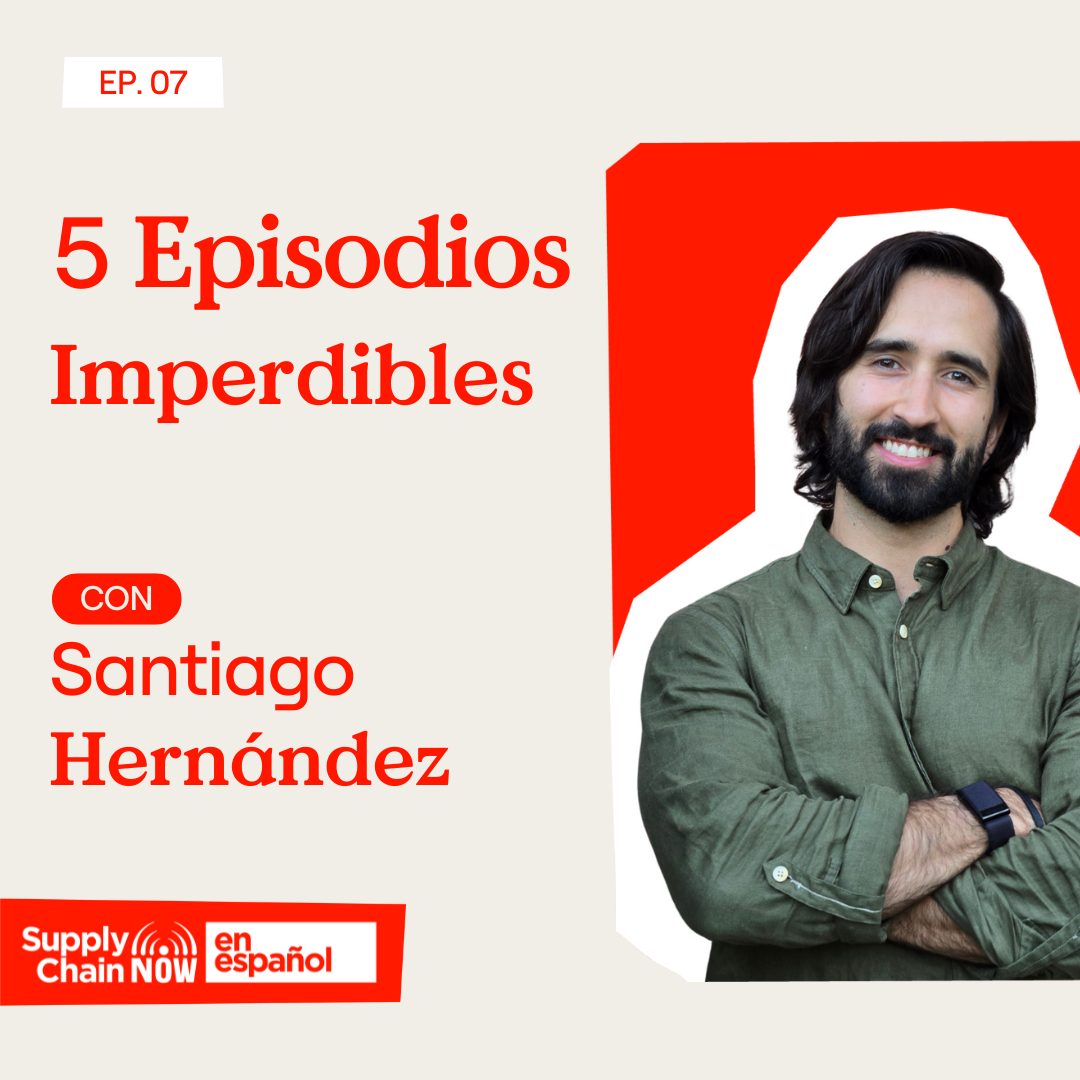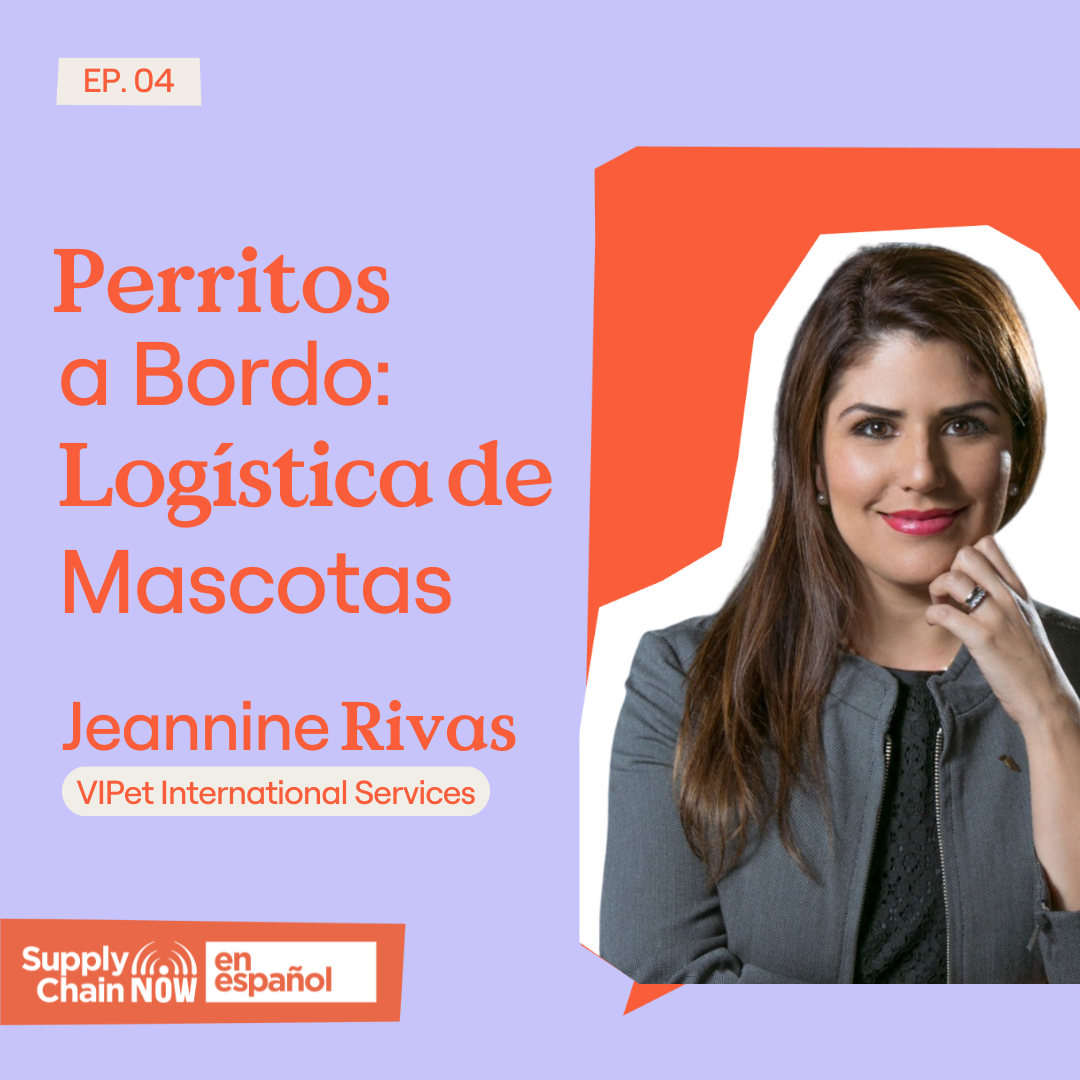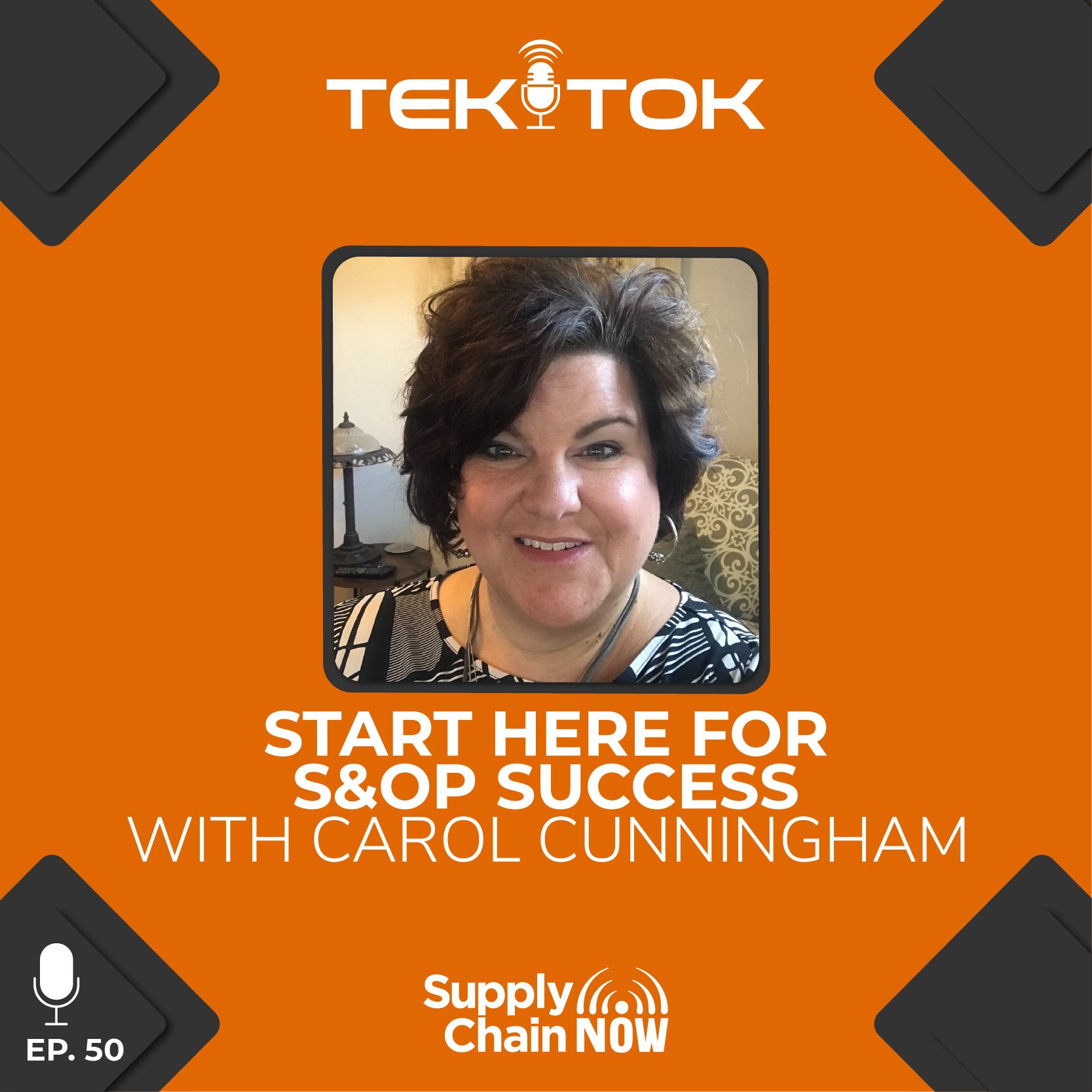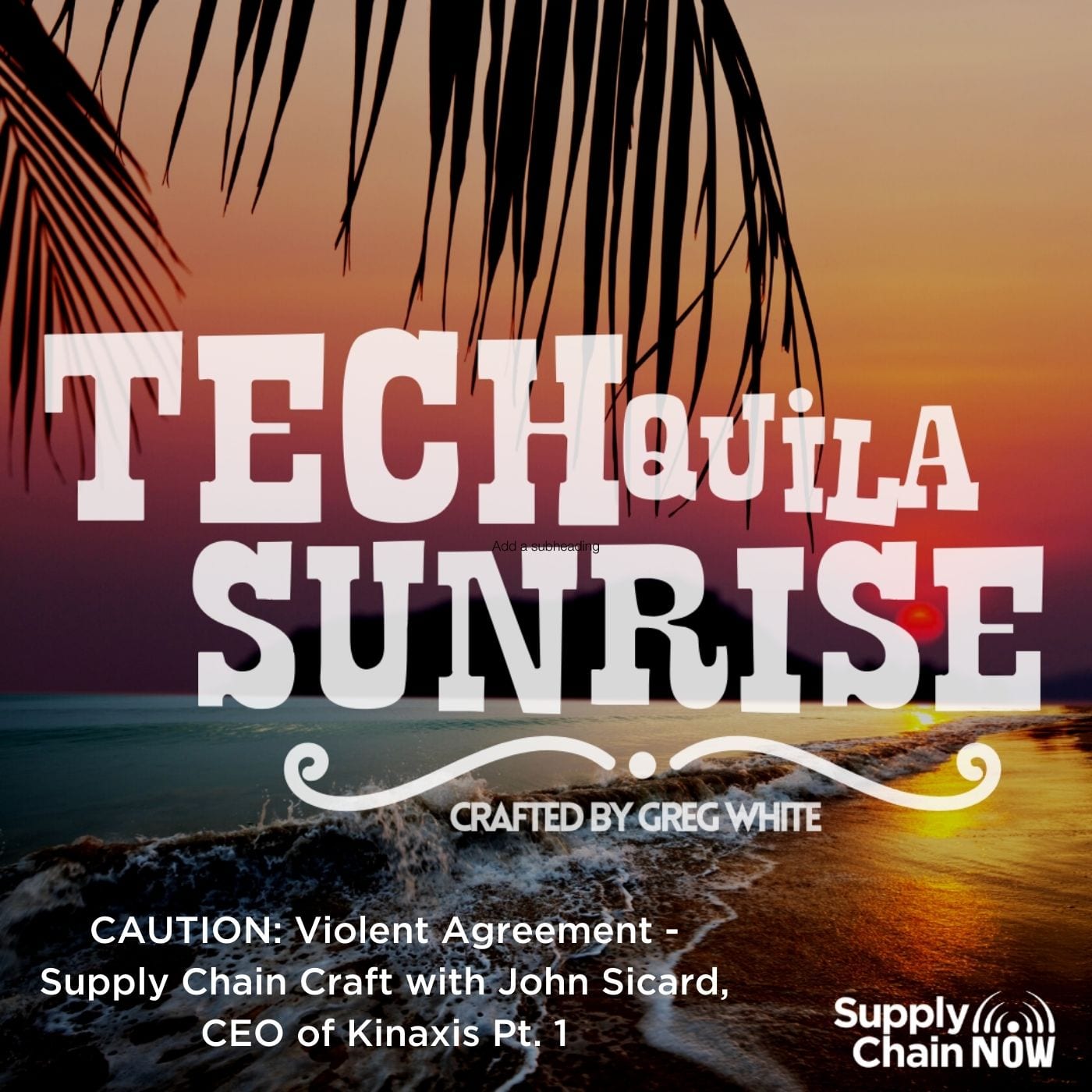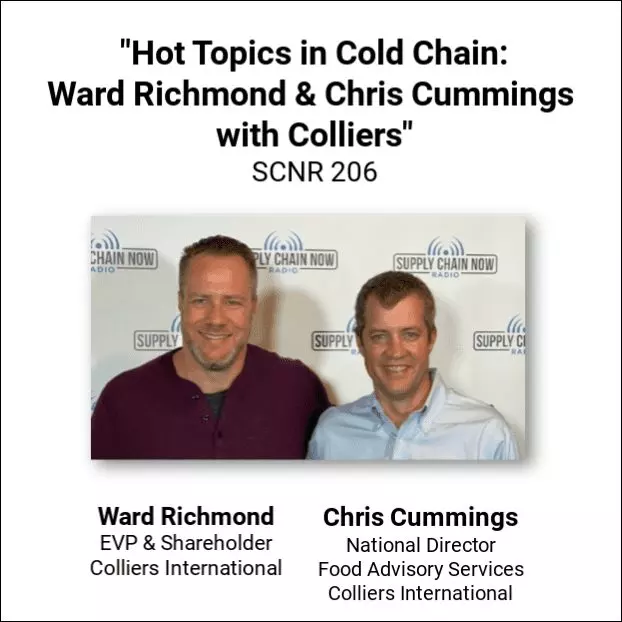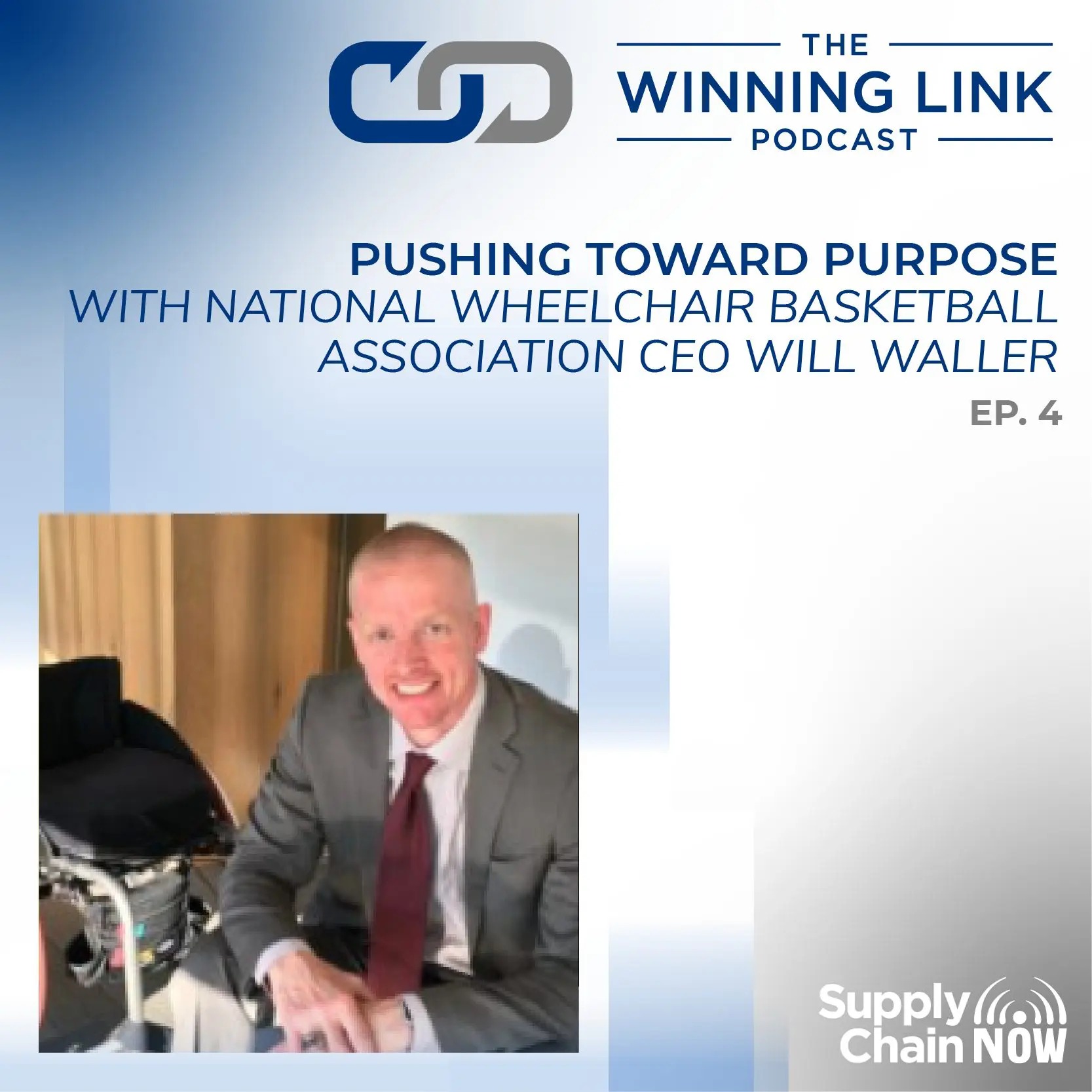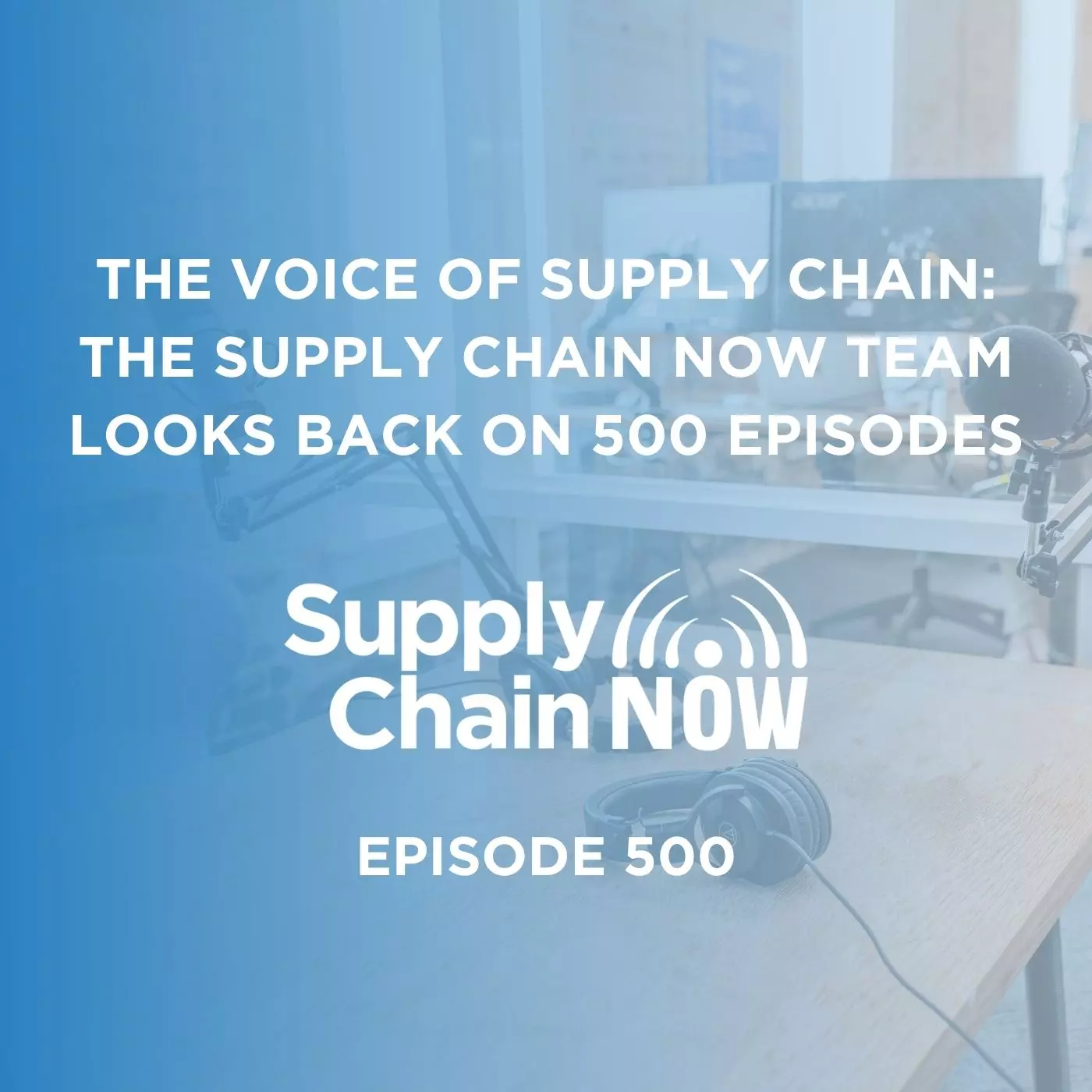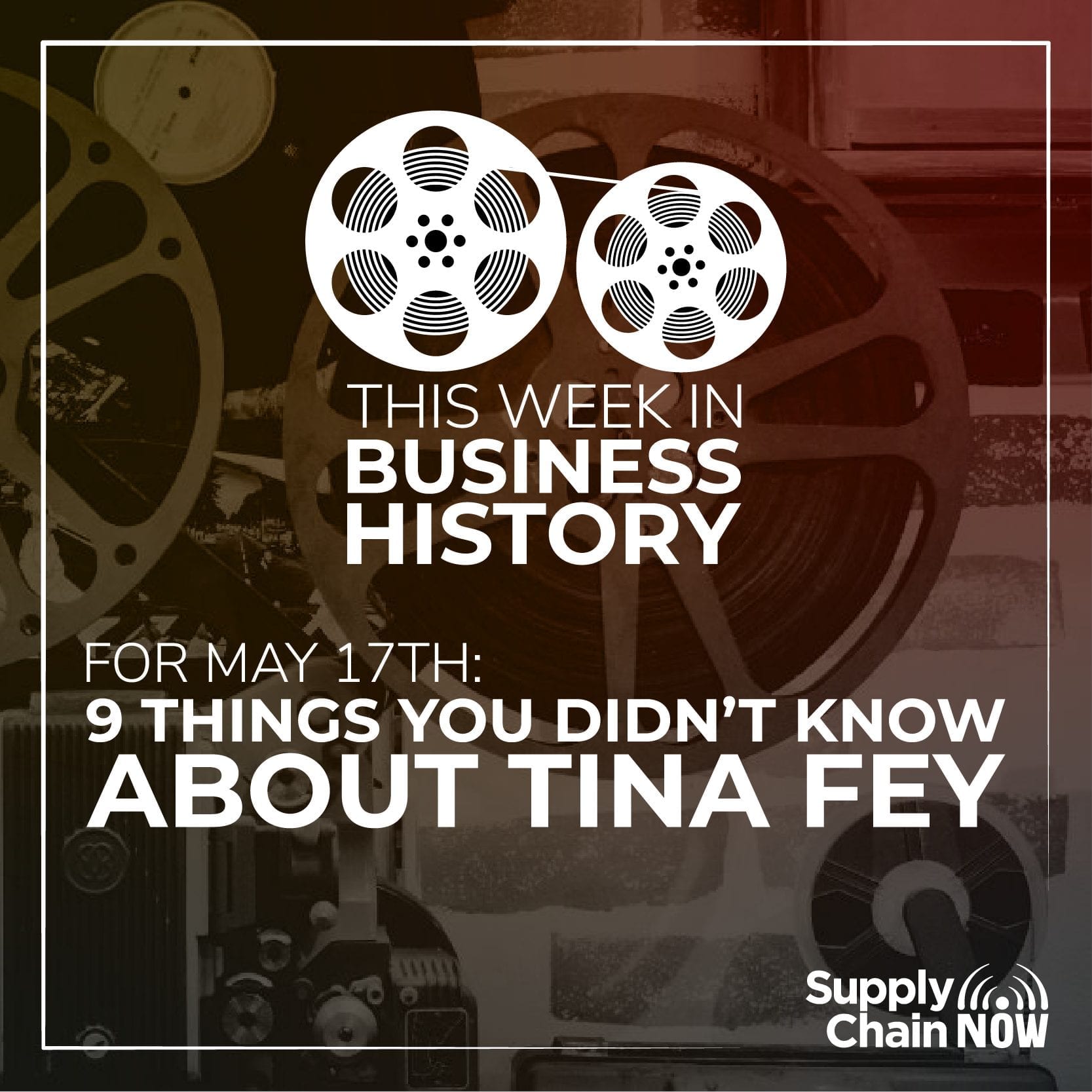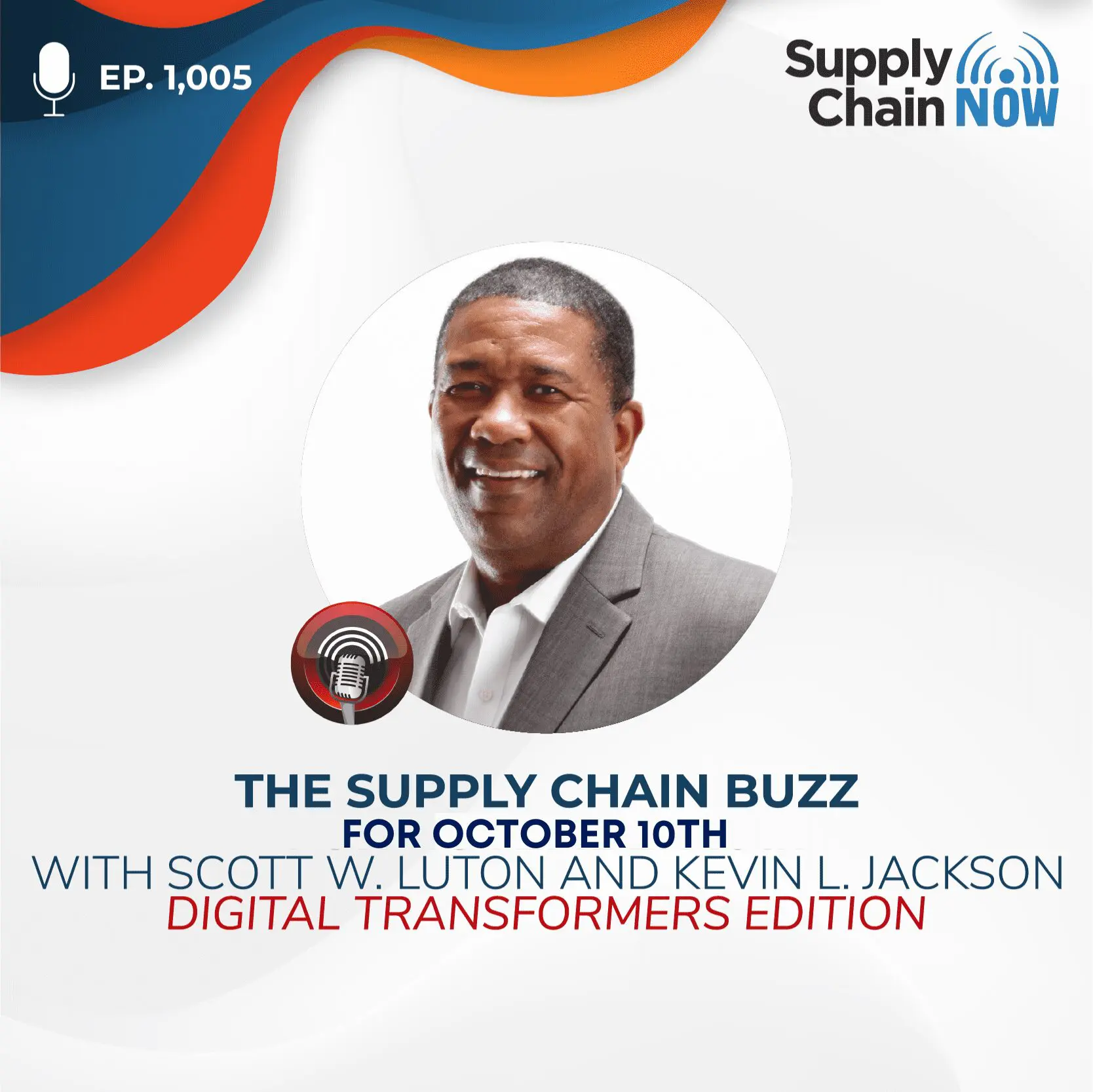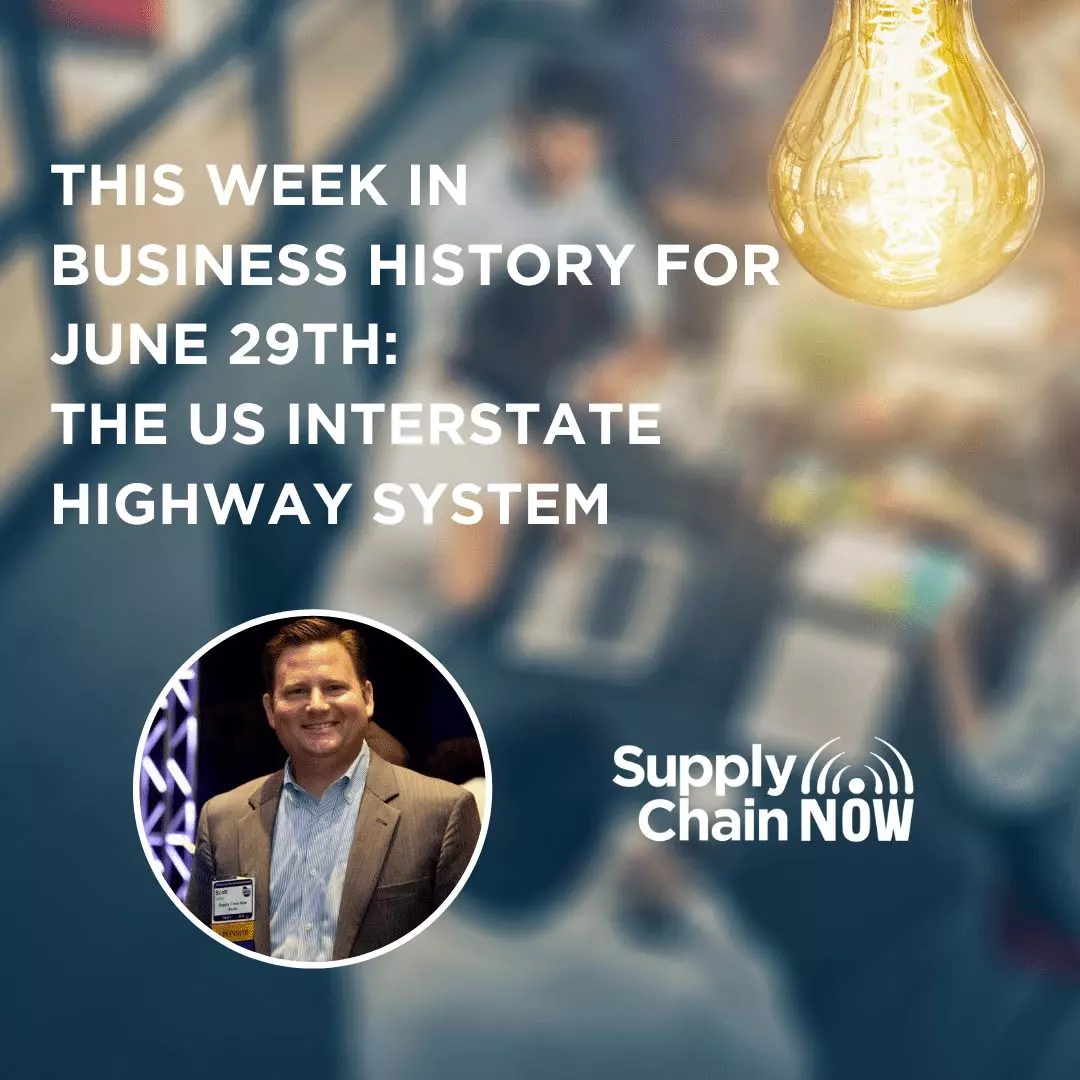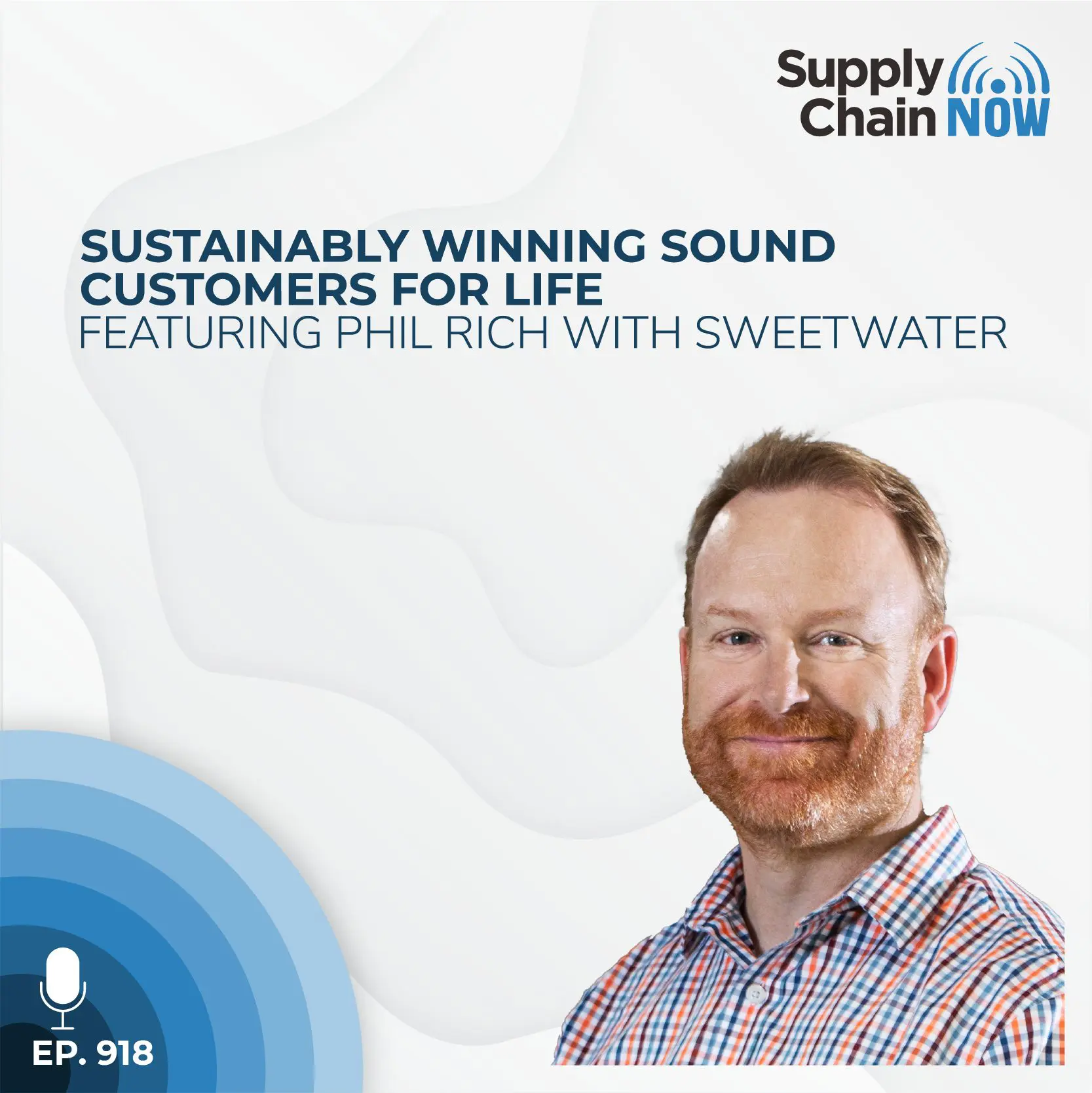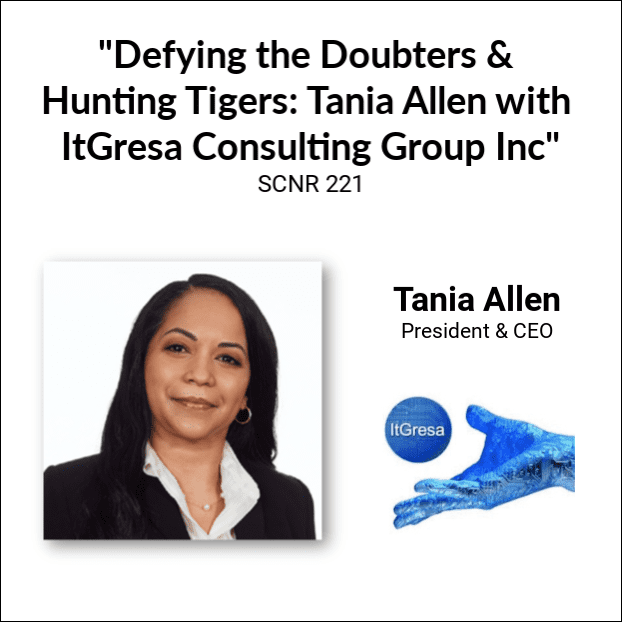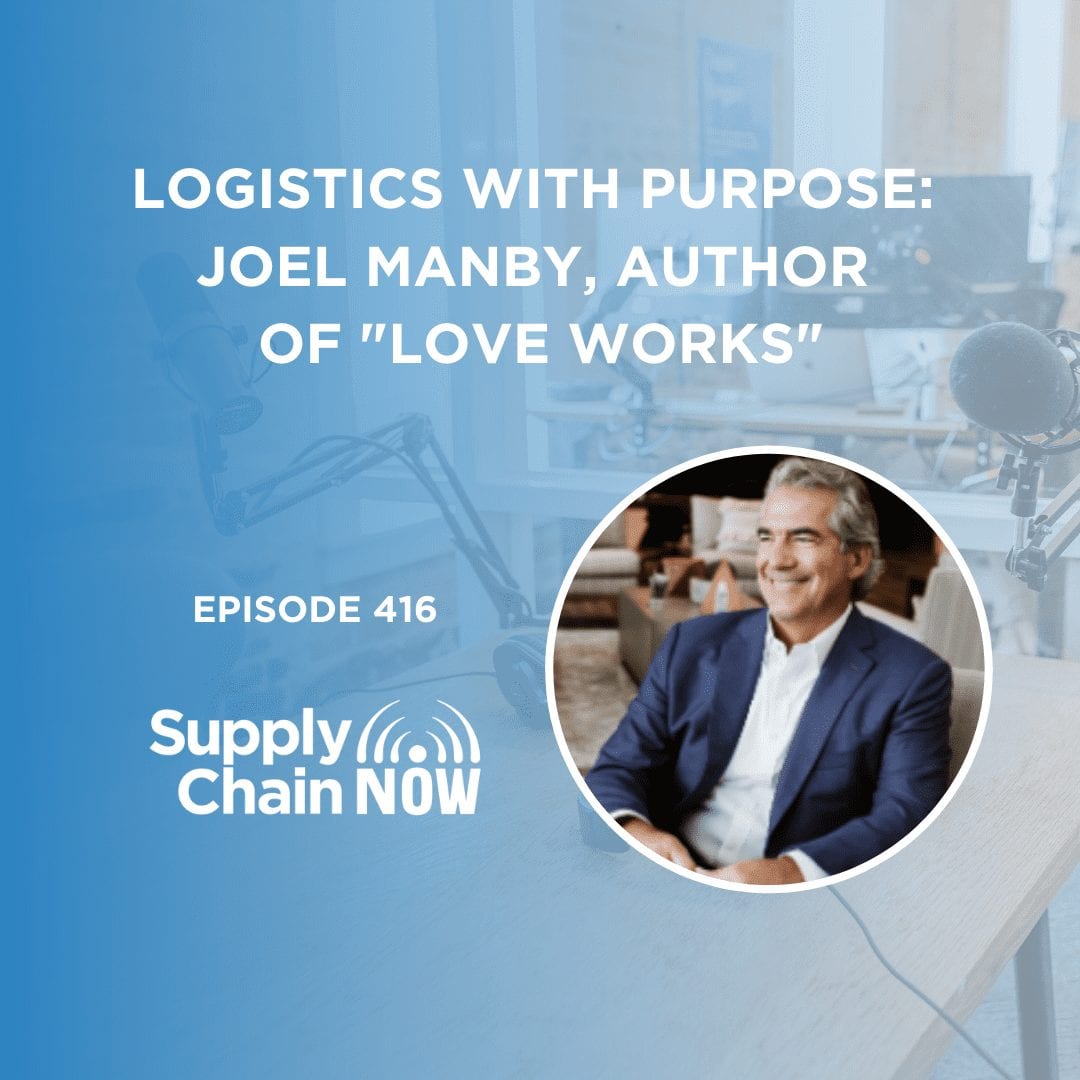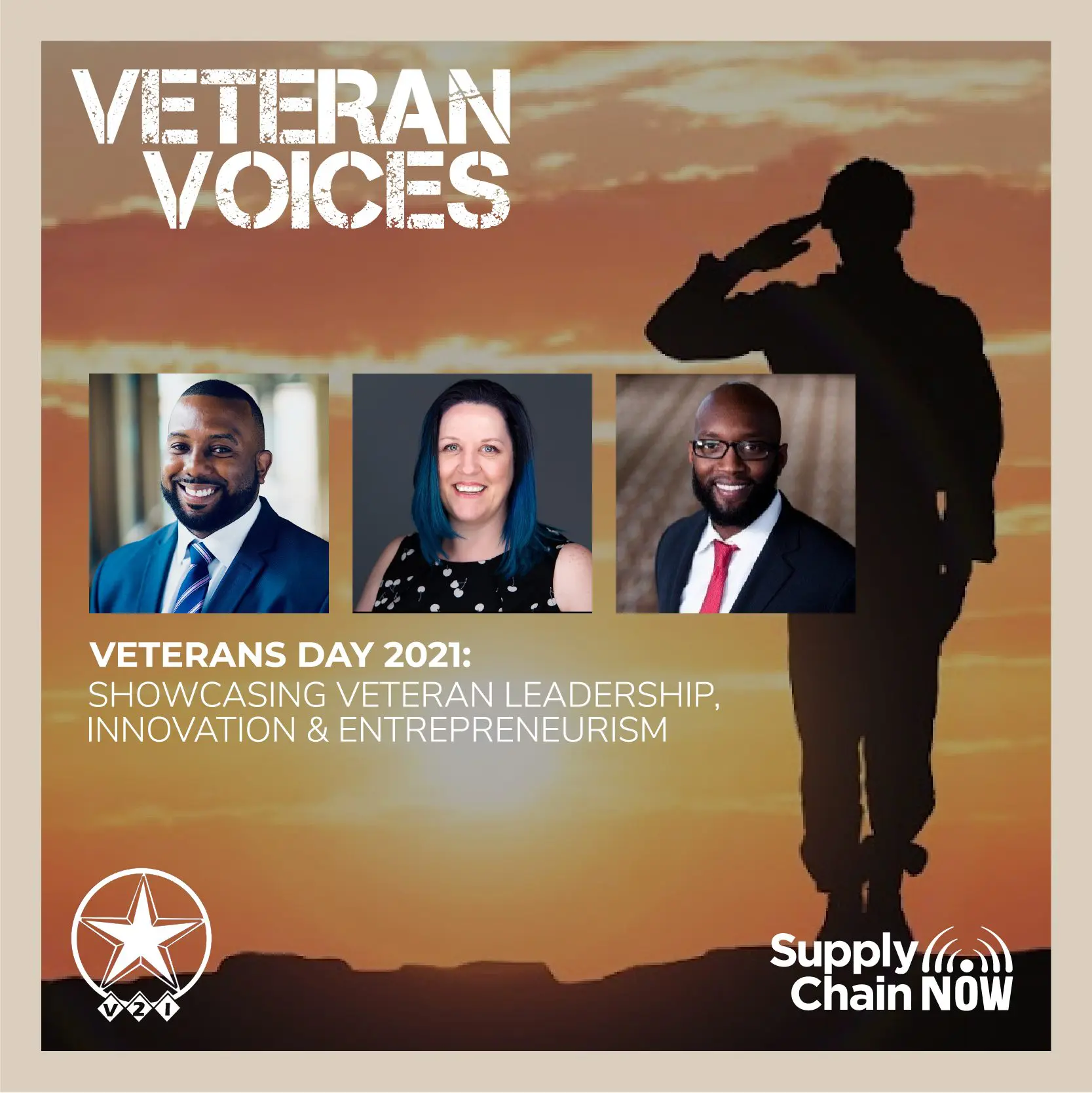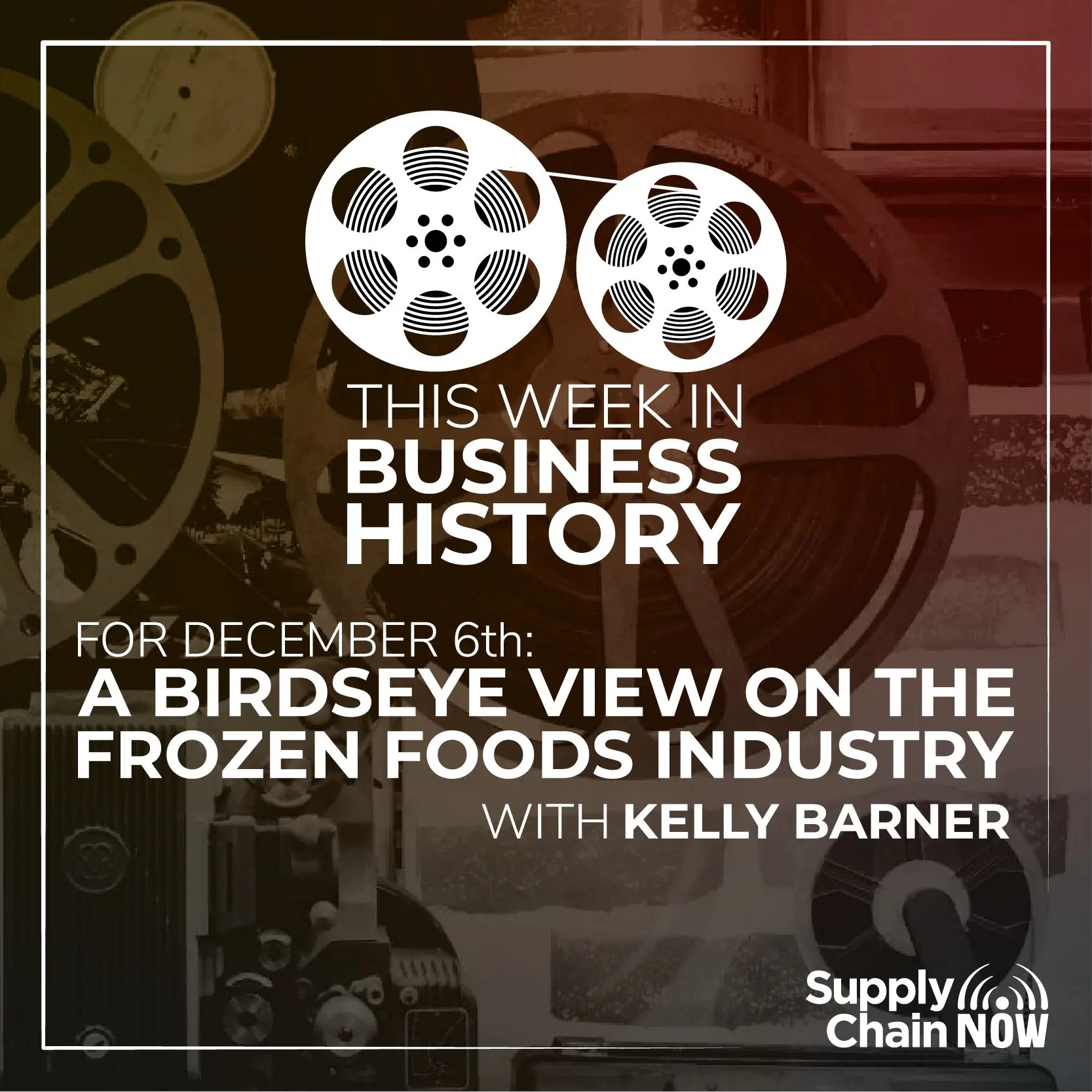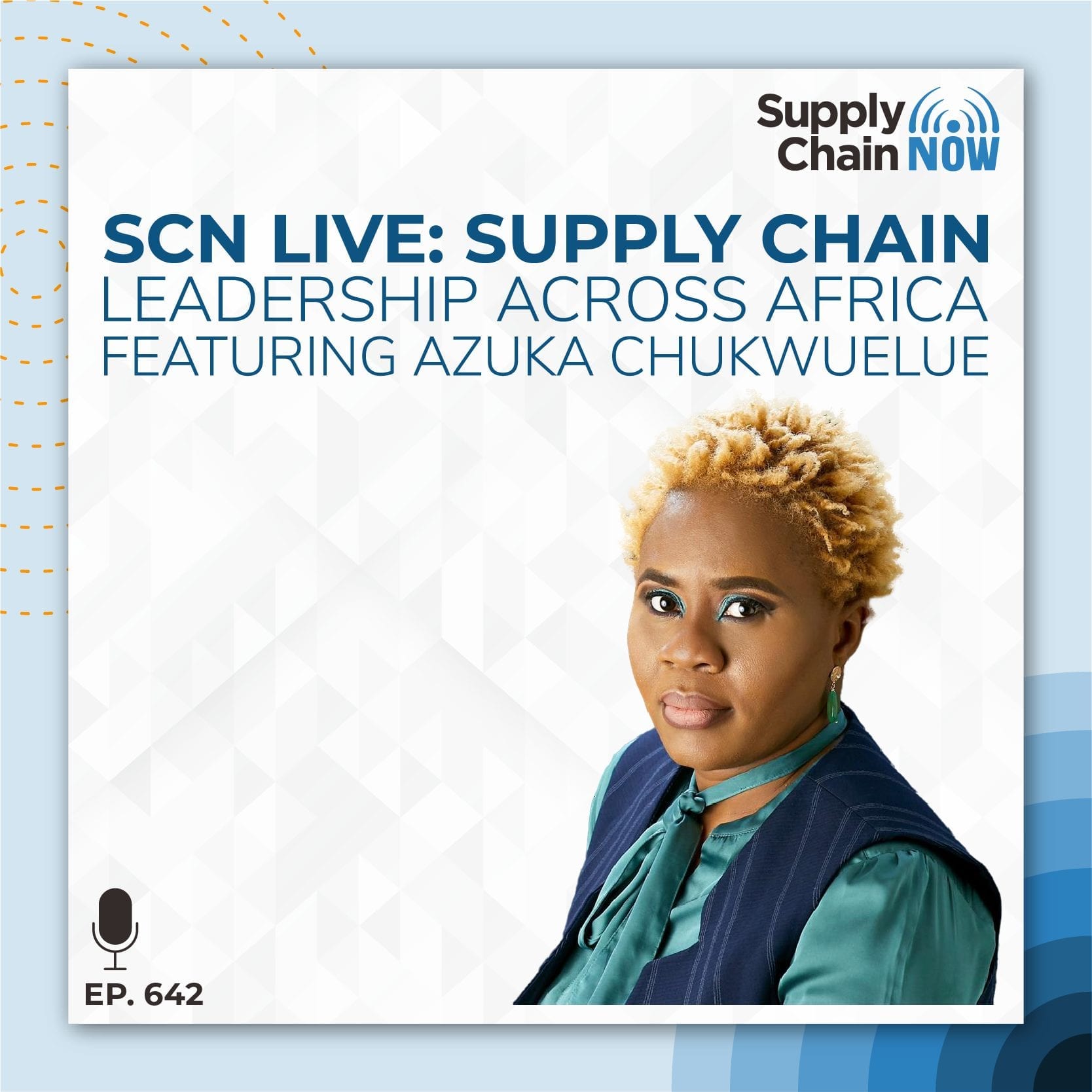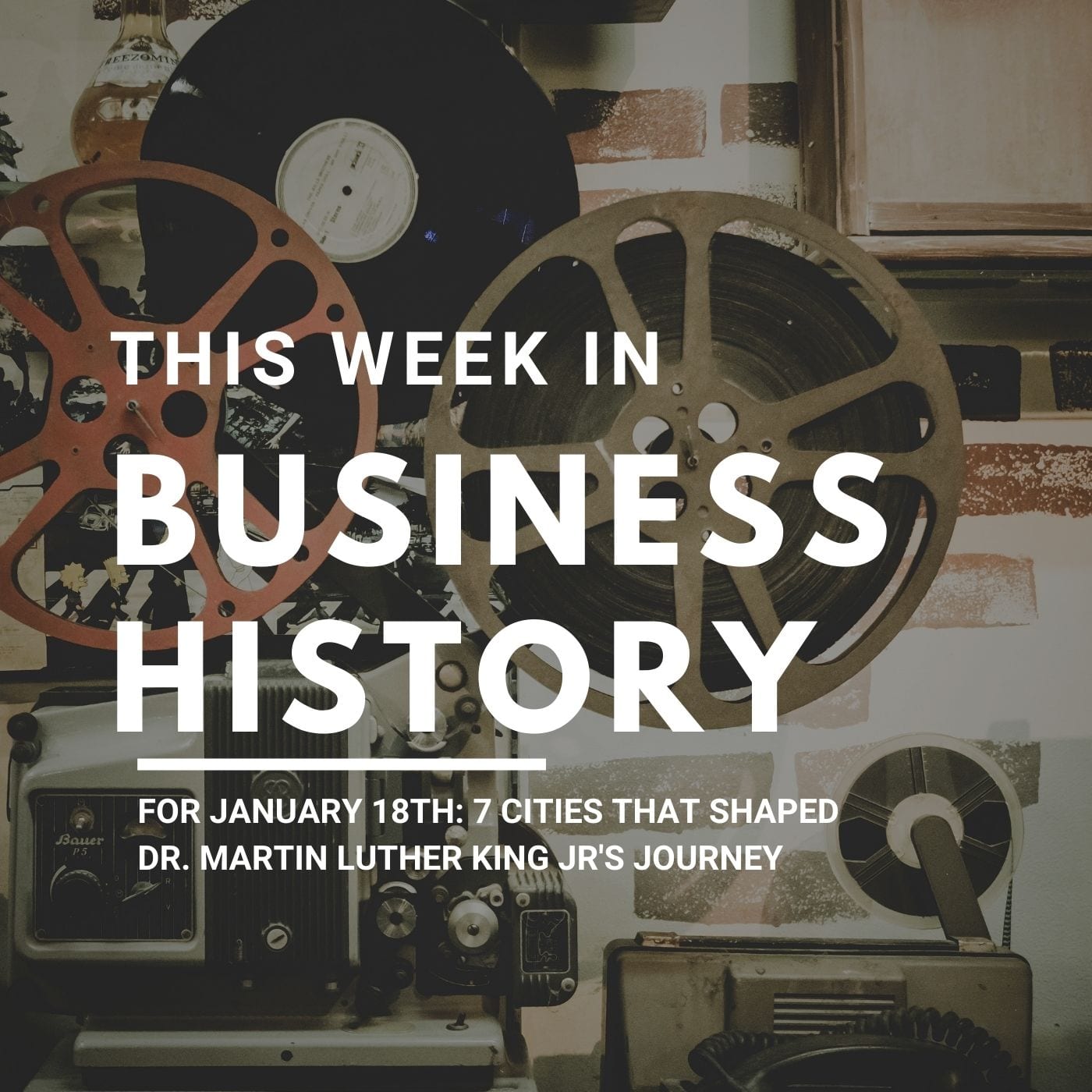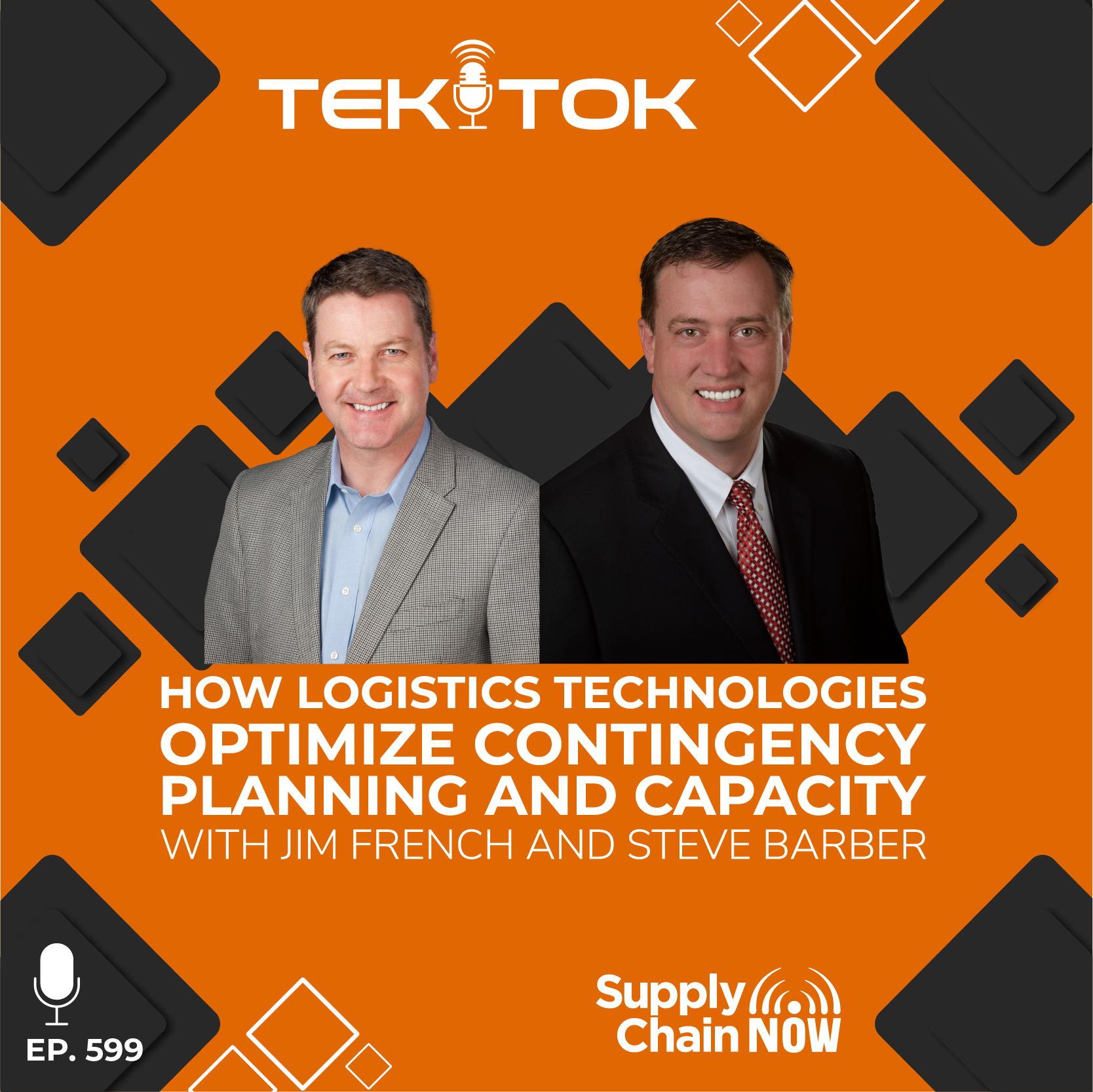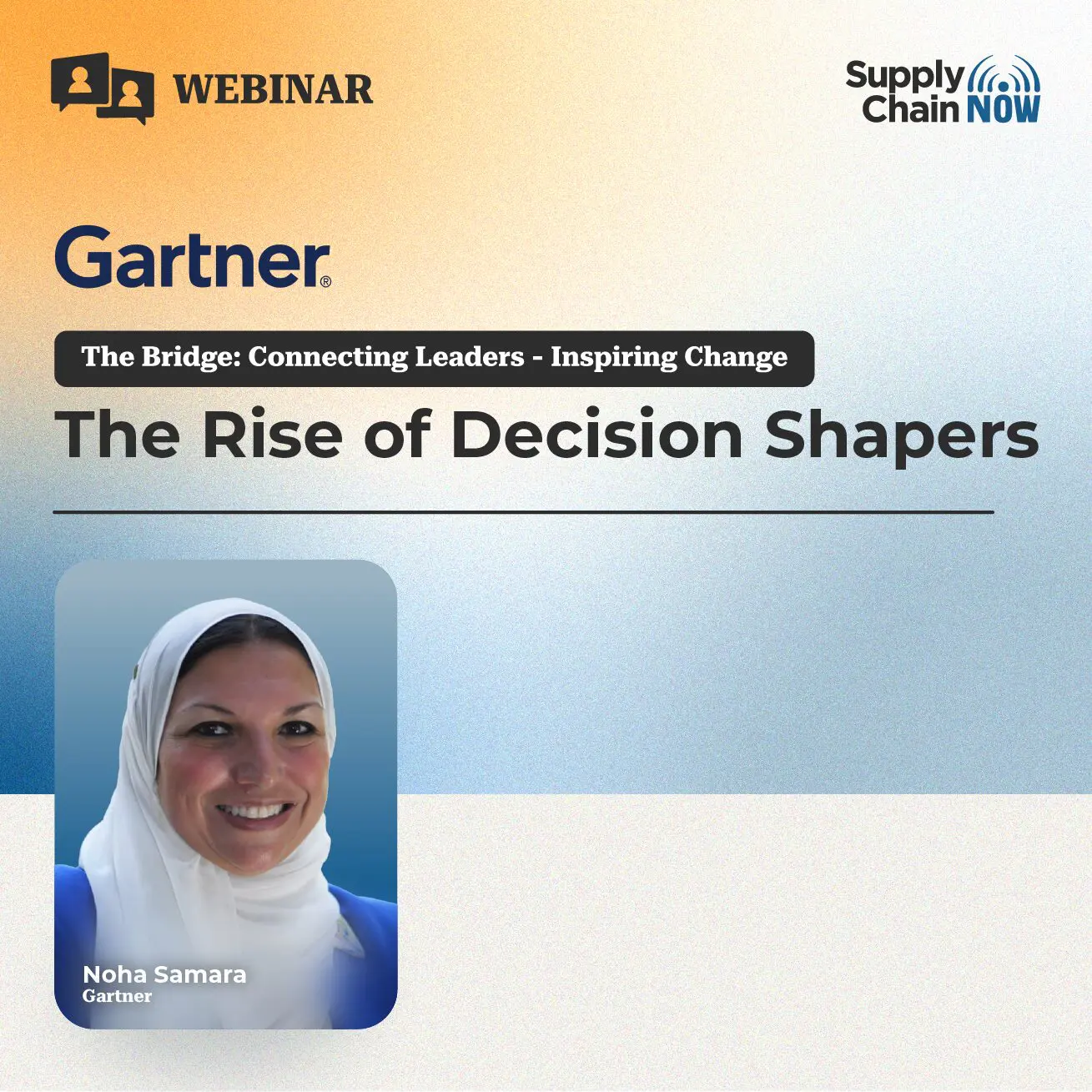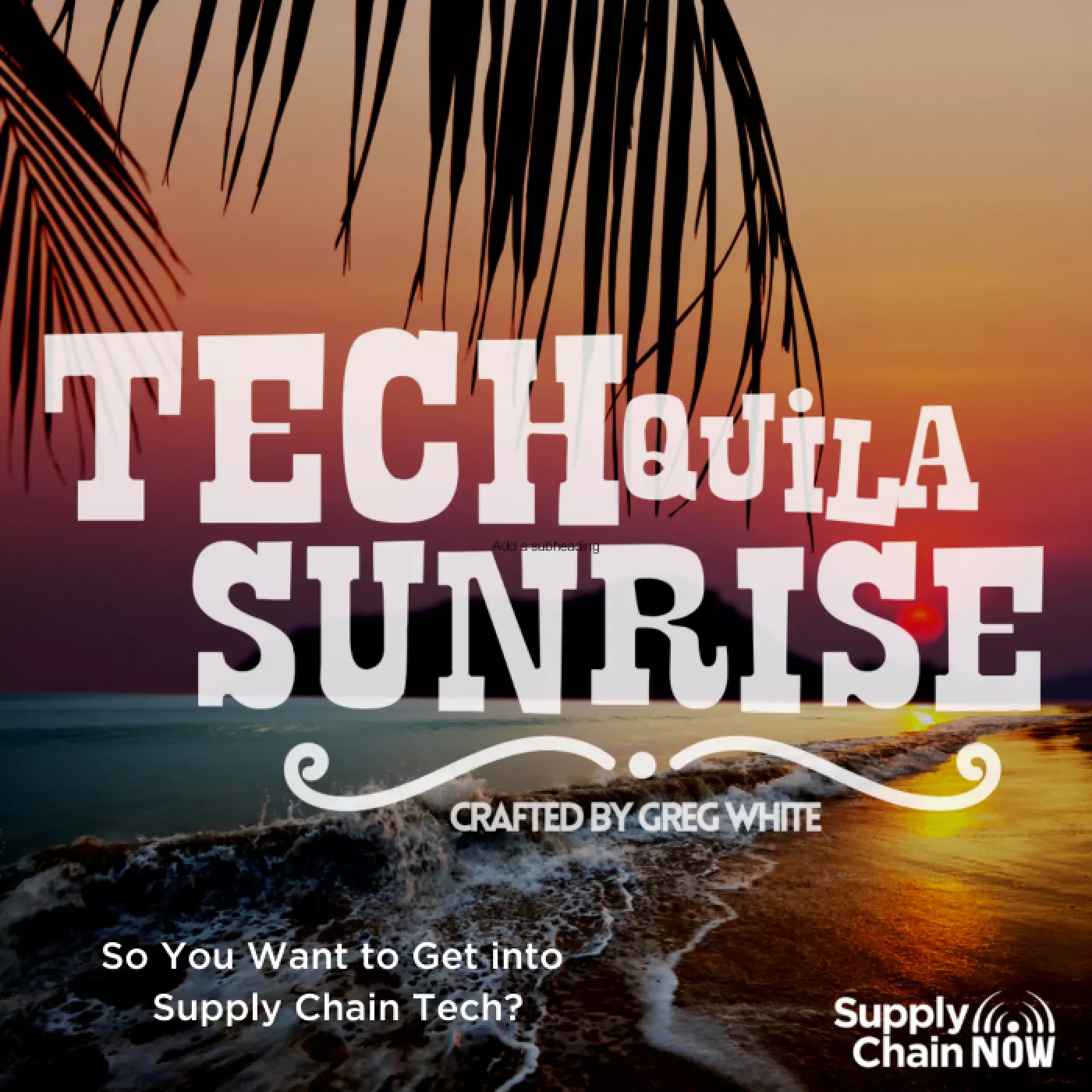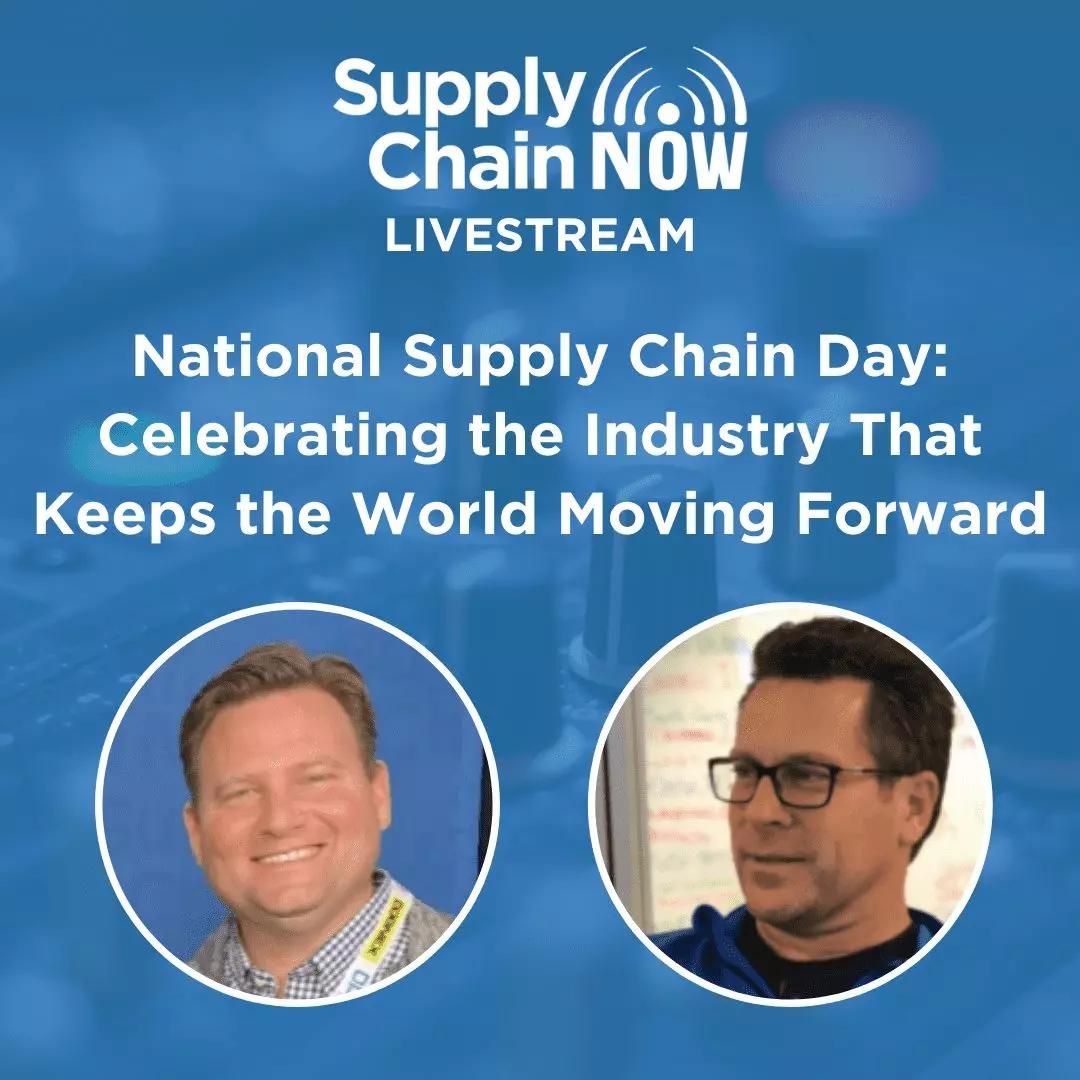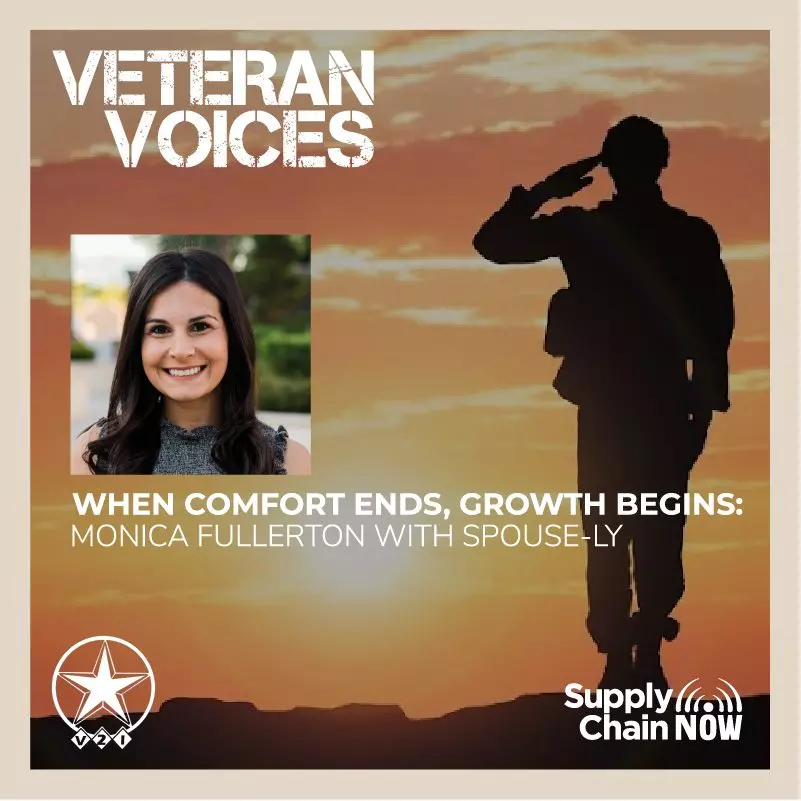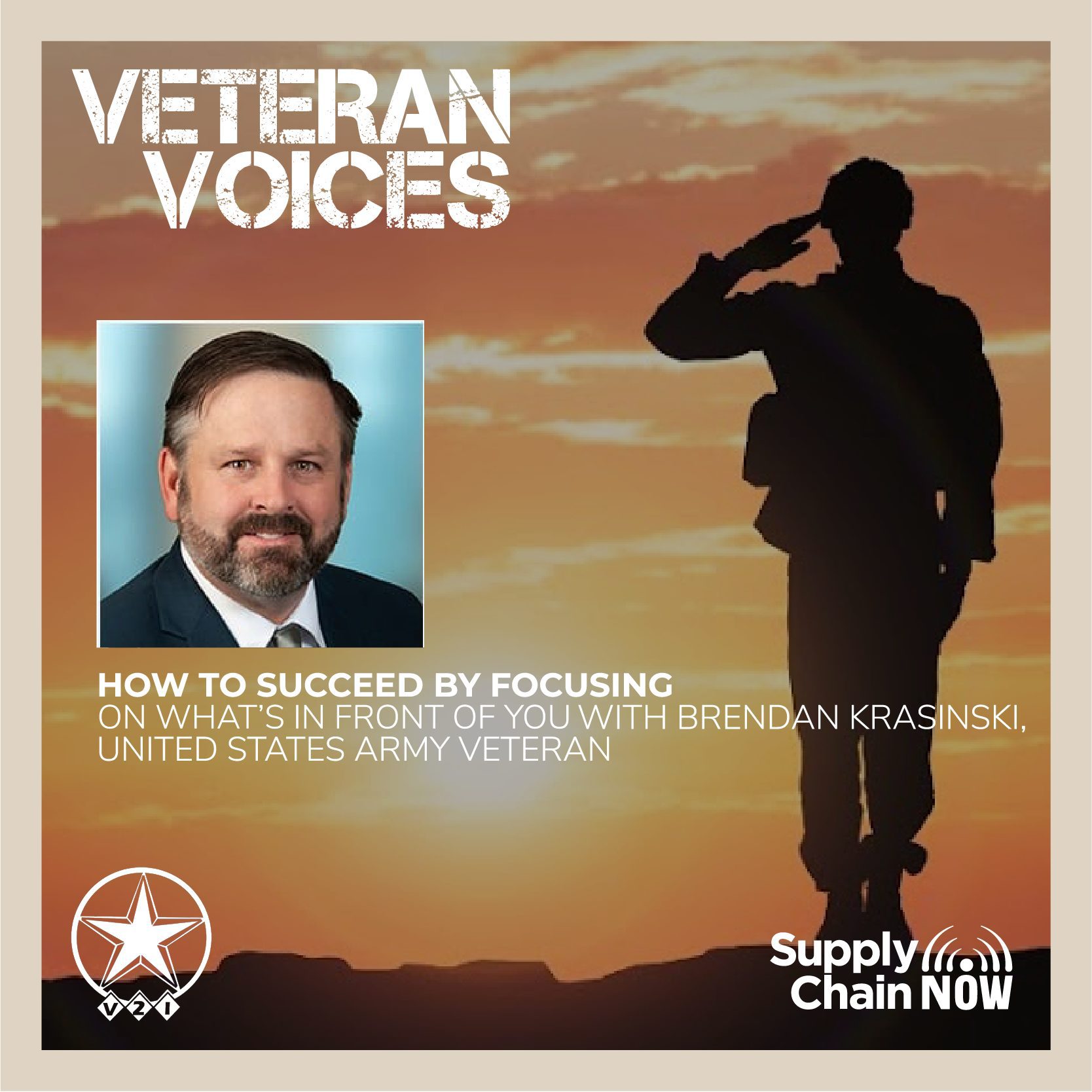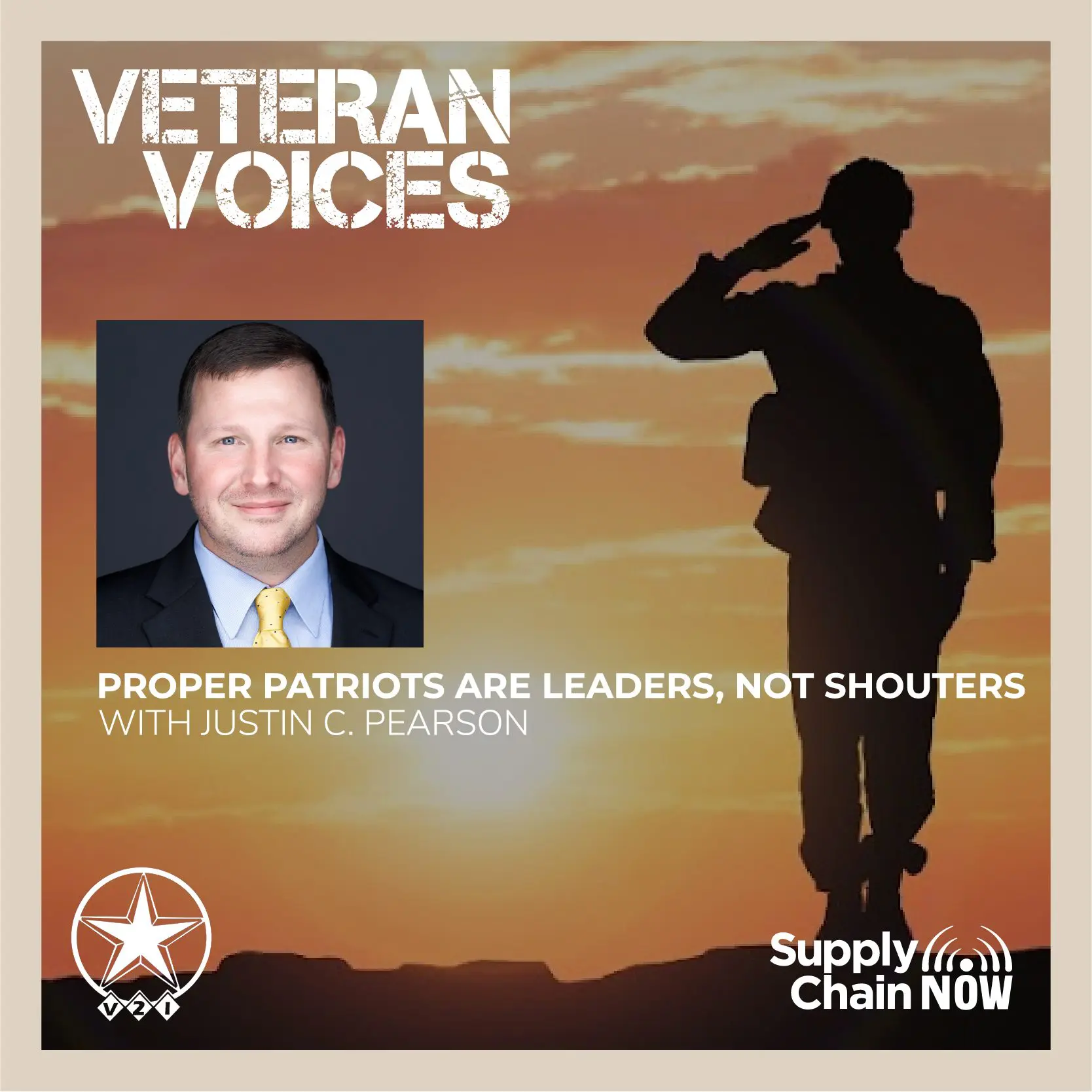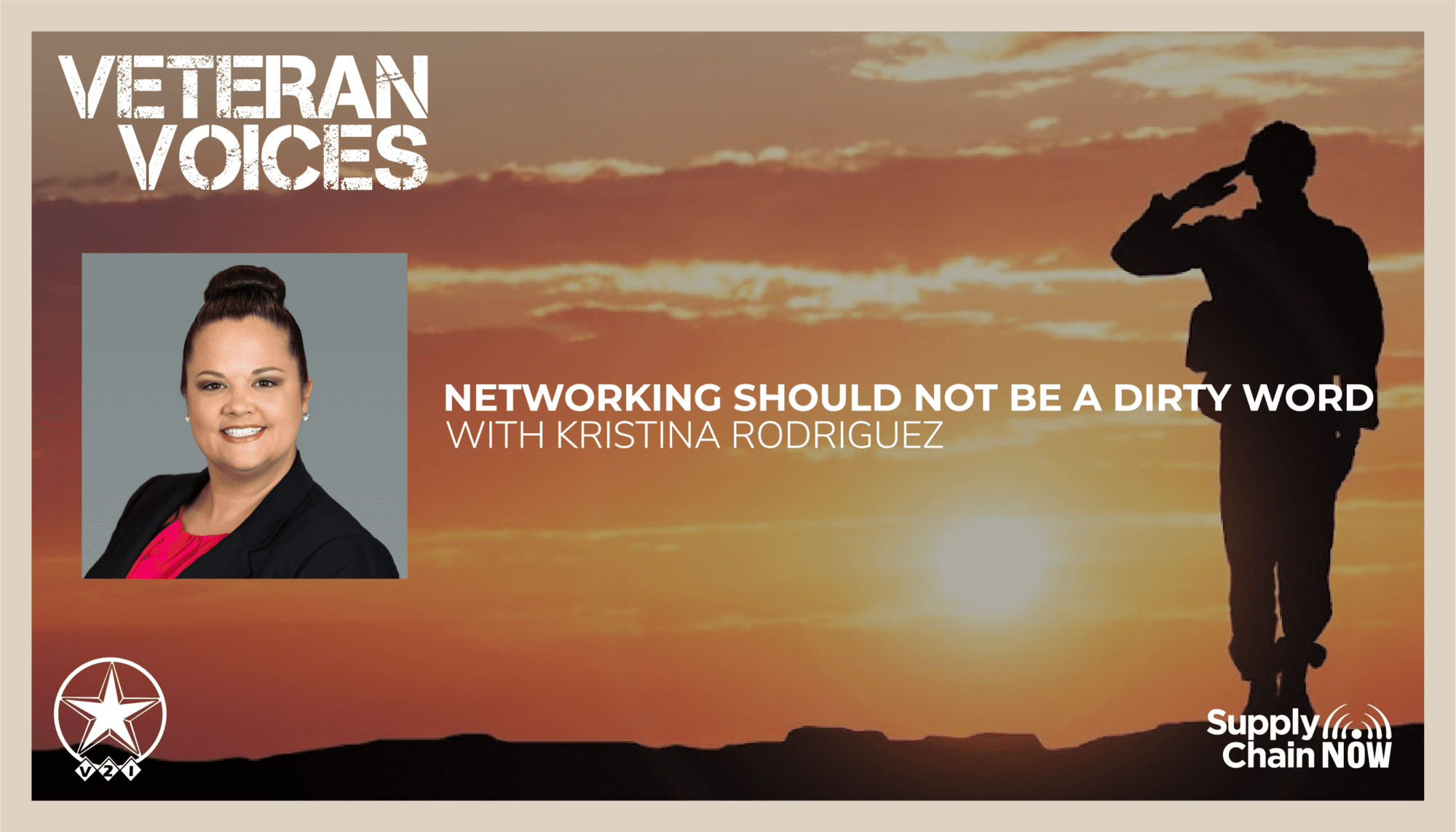
Hard work and networking go a long way. Don’t give up; be persistent and keep moving forward until you find that space that fits your needs.
- Kristina Rodriguez, U.S. Army Veteran
Episode Summary
Kristina Rodriguez is the Regional Operations Manager for The Brokerage for Virginia and North Carolina, and the co-manager of the employee resource group for Colliers North American diversity equity and inclusion program.
She comes from a big military family, with her older brother (Marines), uncle (Vietnam war), and great aunt (Army) all entering the service. Since she wasn’t able to serve on the front lines, she became a Military Police officer in the U.S. Army for three years. After leaving the Army, she ended up in a role as a part time leasing agent for multifamily and real estate.
In this conversation, Kristina shares her story with host Scott Luton:
- Why she thinks it was right to remove the service restrictions on women able to meet the front-line standards for their branch of the military
- Her three pieces of advice for anyone transitioning out of the military into a civilian professional role
- The communications differences between the military and civilian careers that Veterans need to be aware of
Episode Transcript
Intro/Outro (00:02):
Welcome to veteran voices, a podcast dedicated to giving a voice to those that have served in the United States. Armed forces on this series, jointly presented by supply chain now, and vets to industry. We sit down with a wide variety of veterans and veteran advocates to gain their insights, perspective, and stories from serving. We taught with many individuals about their challenging transition from active duty to the private sector, and we discuss some of the most vital issues facing veterans today. Join us for this episode of veteran voices.
Scott Luton (00:41):
Hey, good morning, everybody. Scott Luton here with you own veteran voices. Welcome to today’s show. Hey, on today’s show, we’re gonna be talking about the journey, transition and success of a us army. Military police veteran turned real estate pro doing big things industry. So stay tuned for a great discussion. We’re gonna have a lot of fun here today. Hey, quit programming it. Before we get started, this program is part of supply chain. Now family of programming. We conduct veteran voices in conjunction with our friends via partnership over at vets to industry. So we learn more about this powerful nonprofit that serving so many folks in across the veteran community at vets, the Newmar to industry.org. Okay, so let’s welcome in our esteemed guests here today. I’m telling you you’re in for a treat. Want to welcome in Kristina Rodriguez, a KRod regional operations manager for the brokerage for Virginia and North Carolina. And wait, there’s more. She also serves as co-manager of the employee resource group for call years north America, diversity equity and inclusion program. KRod, how are we doing this afternoon? Um, amazing.
Kristina Rodriguez (01:52):
We’re doing great over here in Virginia. All right,
Scott Luton (01:56):
Doing great. It’s been a big week, big week. Uh, and you know, we get the, uh, finished a week by spiking the football with this time with you here this afternoon. Looking, been looking forward to this. Now you are up in Norfolk, Virginia, right? That’s where you are now.
Kristina Rodriguez (02:11):
That is correct.
Scott Luton (02:12):
Yes. Now we’re going to talk about your journey in a minute and also talk about, um, your transition, what you did in the military, what you do now, but are you new? I know you’ve been promoted a couple of months back. Did you move to Norfolk or have you always been there?
Kristina Rodriguez (02:26):
Did Scott. So I moved here to Virginia from Dallas, Texas.
Scott Luton (02:30):
That’s right. That’s right. Thanks weeks ago. Okay. So we got it. We can’t say Dallas without mentioning our mutual friend, uh, right. The one and only ward Richmond. So awards a good dude. Huh?
Kristina Rodriguez (02:44):
He is. He’s amazing. He’s got a lot of fire in him. That’s for sure.
Scott Luton (02:48):
Lots of fun. All right. Well, let’s dive in with the one and only Christina Rodriguez. I want to start with a simple question, right? We’re going to get into your military service in a minute, but where did you grow up, Christina? Uh, and give us, you know, give us a few anecdotes about your upbringing.
Kristina Rodriguez (03:05):
So I grew up in LA Porte, Texas, or I was born in the port, Texas moved to Baton Rouge, Louisiana. When I was about, I don’t know, like second grade, third grade. So I was raised in Baton Rouge, Louisiana with great food, Cajun food, you name it, can’t find it anywhere else. And so I grew up there and I was a competitive dancer for many years. So I meet it in ballet, tap, jazz, lyrical, all that kind of good stuff. And then I went to a, um, magnet school when I was in high school. And so I was surrounded by a bunch of 4.5 kids. And so,
Scott Luton (03:45):
Well, what did you say? 4.5 kids. Yes.
Kristina Rodriguez (03:49):
We had some, we had some brainiacs, so they took the majority of them took like honors classes, AP classes, college credit classes. I was not that great in school. So I decided to sign up for the military my junior year.
Scott Luton (04:04):
Okay. So we’re, I want to dive into that. Let’s back up for a second, because much like my middle daughter, perhaps. I hope I’m not, I’m not letting any cats out of the bag here, but you know, she loves everything, but, but some things that go on at school, right. She loves to dance and she loves the creative side and loves cooking. So, and that, you know, we all have our different passions in life. I want to back up though. So Baton Rouge, right? Yes. You know, the cool thing about coming across the river in Baton Rouge is you’ve got that gorgeous steel bridge. It’s been there for quite some time. I spent extra times. I went to, uh, Austin, Texas for an event probably about a year and a half ago back when we could probably closer to two years ago now. And I drove the supply chain now van out and we brought it back and there was a traffic shutdown right around that bridge. So I probably spent 45 minutes on that span and had plenty of time of analyzing every part of Baton Rouge. But it’s such a cool, it’s such a cool city. And to your point, there’s so much character and the food, you really can’t find the really good stuff, the authentic stuff, anywhere else in the world. So that had to be pretty special area and town I grew up in, huh? Yes,
Kristina Rodriguez (05:18):
It was. It it’s the culture. It’s the food. Um, the very laid back friendly casinos, uh, can’t forget new Orleans. I’m not going to lie during my high school days. I probably visited new Orleans many times. So now when people are like, Hey, let’s go to new Orleans. I’m like done that.
Scott Luton (05:40):
Been there, been there, done that. All right. So did that make you growing up in Baton Rouge? Does that make you a big LSU fan?
Kristina Rodriguez (05:48):
So unfortunately, no. So this is a crazy story about LSU. So when I got out of the military, I started going to LSU, but I wasn’t your average college student. So I didn’t do the whole tailgating, partying going out and things like that. Um, now my parents, on the other hand, they are and fanatics. So my parents have a farm out in Leesville, Louisiana. And if they don’t catch the games on the radio, because there’s no cable out there, they don’t catch the game on the radio. They will drive home to bathrooms to make sure that they catch it on the TV. So they are huge. Fans
Scott Luton (06:27):
Love it. Okay. We’ll have to connect with your folks and talk football at some point in time. Oh my gosh. So one last question, before we talk more about you, when you joined the army is so clearly you are, your passion was, uh, all types of dancing. It sounds like. And, and the arts, I guess, the dancing arts did you not want to, and I’m not sure what you do beyond high school in those towns. I there’s plenty of art schools. Did you talk to me about that? Decision-making did you just say, Hey, maybe you still dance. I don’t know. Did you decide to kind of hang that up and, and go into the army or do you still do both?
Kristina Rodriguez (07:04):
So when I was dancing, I started when I was young. So I started when I was maybe six years old and then I got more competitive as it went on in back when I was younger, they were really big on weight meeting weight. So everything was good up until probably towards the end of my sophomore, beginning of junior year, when they started really honing down on, you have to be a certain weight to be able to be in the competition group. I was not a big person, uh, back then, but based on their standards, I was so because of the stress, right. And all that kind of stuff, my mom and I made a decision for me to just bow out gracefully. And so my junior year that’s when I stopped dancing. But I say that to say this, a lot of the girls that did dance with me and compete with me, they either own their own studios. Now they went on to do cheerleading for the Dallas Cowboys or, you know, some kind of dance squad in that way. They progress through their career.
Scott Luton (08:06):
I hate to hear that all that kind of nonsense that takes place sometimes that discourages us from chasing what we love to do. Right. So we’ll have to circle back on that, but we’re one adventure comes to an end. Another one opens up and gosh, where you are now, you’re you’re kicking butt. And I bet you still did a little dance on the side is my hunch. We’ll keep that door shut, but let’s talk about, let’s talk about what made you join the U S army. So tell us, when did that hit your radar and then ultimately, what, what made you join?
Kristina Rodriguez (08:39):
So what made me join was it was kind of twofold one. Um, so I have an older brother who’s two and a half years older than me. And he had joined the Marines before, during his senior year in graduation. So that was one thing that I saw happen and I thought it was interesting. And on top of that, my uncle was drafted in the Vietnam war. Wow. And then my great aunt who’s now passed. I think it’s been seven years now. She retired as a Lieutenant Colonel from the army, uh, as a nurse anesthetist. And so we have a really big giving back and really big military family. And so those were some kind of things that besides the grades and competing with 4.0 students, all of that combined, I took the AskPat and they asked me, they said, what do you want to do? And I said, I want to be in the front lines. I don’t want to be close. I want to do this. And unfortunately back then, women were not allowed to fight on the front lines. So the closest that a woman could get was an MP. And so that’s why I opted to be a military police officer in the us army.
Scott Luton (09:53):
That’s really cool. Now give us a time reference in terms of wind up policy, that kind of restrictive policy. How long ago, when did you join again?
Kristina Rodriguez (10:02):
So I joined in 1990s spot. It was 90, 95, 94, 95. So it was my junior year. I graduated high school in 96 and my aging myself,
Scott Luton (10:13):
Uh, I’d kind of forgotten some of those, some of the restrictions, uh, female pilots, there were, there were a variety of restrictions, I think back then still in place. And now that’s not the case. Right. I think,
Kristina Rodriguez (10:26):
Um, which is really great. There’s been a change in movement where females are, uh, if they meet those standards, uh, that they’re able to pursue those careers. And that is a huge turn for the military. And I’m so excited for females out there who are joining.
Scott Luton (10:41):
So at the time you got as close as you could to the action to being right there in the thick of it. And that was, uh, the military police role. Let’s talk about while you’re in. So you joined the air in, in the mid nineties or so, and I did too, by the way, I joined the air force in the mid nineties. So we’re, we’re probably both proud genexers maybe. So tell us, tell us about your service from the time you joined. How long were you in what’d you do where’d you go?
Kristina Rodriguez (11:07):
So a couple of the reasons why I joined was because it was family history and then I wanted to travel and I wanted to make a difference and make an impact don’t we all at that age. Right. So I did basic training and AIT at Fort McClellan, Alabama. So that was pretty intense and pretty crazy, uh, back then, I guess I don’t have the normal workflow of your average military person. Um, and that’s because, so when I joined at first, I wanted to travel and when I went through,
Scott Luton (11:44):
No, I didn’t want to travel. I did,
Kristina Rodriguez (11:47):
But I didn’t have the opportunity. And this is where time, times are different then than they are now. So I joined and I went through AIT, basic training. I came down on orders for Germany, which was, I was really stoked about. And then for some reason, something happened with my paperwork and I ended up going to being stationed at Fort Polk, Louisiana,
Scott Luton (12:09):
Just not far from home, not far from
Kristina Rodriguez (12:11):
Home two and a half hours.
Scott Luton (12:14):
So I got a better, I’m not a one upper, but I got to share. It looks like we got some parallels. When I joined the air force in summer of 94, I kind of wanted to see the world, but I was real home homesick, but I put shower for space, I guess, on my dream sheet. Right. You got stationed there, which was about 90 minutes from home. How crazy is that? During the military side of the world? Not always the case. Okay. So Fort Polk, Louisiana was your first duty station, is that right?
Kristina Rodriguez (12:41):
Yes, my first and only first
Scott Luton (12:44):
And only. Okay. So you didn’t travel. Did you ever deploy, uh, while active duty?
Kristina Rodriguez (12:50):
So when I was in active duty, we were in peace time. So I was fortunate that I didn’t get deployed to any war zones. Um, so yeah, so I stayed at Fort Polk. I did travel to Germany to go visit a military friend of mine. So I went to visit for about 30 days. Yeah. And then fast forward, I went to South Korea when I did a study abroad program at LSU.
Scott Luton (13:16):
Okay. So ultimately you got some that traveling? I did. That’s wonderful. I’ve never been in South Korea, but as a fan, it was a fascinating trip. How long were you?
Kristina Rodriguez (13:24):
I was there for a semester. So about six months.
Scott Luton (13:27):
Okay. All right.
Kristina Rodriguez (13:29):
I know I’m all over the map, Scott.
Scott Luton (13:31):
Yeah, no, no. All this is so I’ll know all this makes sense. So Germany while you’re still in kind of some RNR, I bet you took space a maybe did you take space a or did you go to commercial?
Kristina Rodriguez (13:42):
Probably commercial. Everything’s a little hazy. I’m not going to tell you why.
Scott Luton (13:46):
Okay. Well, all right. So you traveled to Germany, why you’re in, but most of your USP’s time in the midnight is there, most of your, your service time was, was there Fort Polk, but you did after you got out, it sounds like you were a semester in South Korea, which I bet was just fascinating. So was it all when, when you’ve been before you went to South Korea and we’ll come back to when you exited in a minute, but when you went to South Korea, was it what you had in mind? What were you most surprised with? Because you were there quite some time to be there a semester, you could really immerse yourself, right?
Kristina Rodriguez (14:17):
It was. So when I first got there, um, I was blown away. I was, my anxiety level was hit really high. Cause you don’t, it’s kind of like you prepare yourself for going to a new country, but you’re really not prepared until you get there. Right. Fortunately, I did a lot of research on the front end, which is really important for anybody who’s traveling to understand customs and stuff like that. But I went there and walking off the plane, not being able to read, assign, not being able to understand what anybody is saying. It’s, it’s a culture shock. It’s huge. Fortunately, when I finally got to the college, we had, um, partners. So the program had partners. So we were partnered with a student Korean who was kind of like our guide. So they would show us around town. They would come down and tell us like what trains not to go on or what subway is not to take due to backlash that that was happening because of Westerners coming over and things like that. So seeing things from a civilian perspective, aside from a military perspective was pretty fascinating because there’s a lot of stuff that goes on in other countries that we don’t hear about here. So yeah, it was fascinating
Scott Luton (15:31):
A bit what a wonderful experience, but you got lots of stories. Some you can tell some of you can’t tell, but I’m jealous. I hope to visit, uh, I’ve heard a lot about soul and that will maybe do some traveling later.
Kristina Rodriguez (15:42):
Everything’s built up everybody’s on top of things.
Scott Luton (15:44):
Well, you know, it’s crazy. It is. I served in the air force with, uh, an airman Kim, uh, from Korea. He, his family had since moved to, to the LA area, but he would, he’d share a lot of, uh, Korean customs and, and, um, and always want to make, you know, always made me want to go back. So I will have to compare notes later. Let’s talk about when you exited. So back back, going back, military police in the U S army, when did you get out? Uh, before we talk about that, tell, talk to us about a couple of individuals that you serve with. Uh, and I know we’d never, we never, we need hours and hours for this. Who’s a couple of folks that you serve with that really are special to you.
Kristina Rodriguez (16:27):
So to kind of stand out. So one of them was, uh, Sergeant Roseboro. He was an inspiration to other soldiers. He was a strong leader. He was knowledgeable. He was the first one that any leadership called to get stuff done, and he could get soldiers to do anything for him because he cared about the soldiers. So he was really impactful in my life. Uh, second one was, uh, Sergeant Hamlin. Now he was ironically, he was with me during my basic training and AIT. He wasn’t my direct drill Sergeant, but he was in a company. So he was in another platoon and, um, seeing how he worked with soldiers and stuff like that was really inspiring and motivational. And then when, right when I was getting out at my duty station, he showed up. So the MP station or the MP battalion that was at McClellan moved to Fort Polk. And so that whole company showed up right when I was leaving and him and I had a really good part’s heart. Cause he was like, Rodriguez, why are you leaving? What’s going on? But we were to the point where I was on my way. And so there was like nothing we could do to go back. Um, so those are two, those are my two big ones.
Scott Luton (17:53):
Sergeant Rosaro Roseboro sorry, Sergeant Roseboro and Sergeant Hamlin. Right? Well, so it sounds like they both not only were good leaders, but they also were Frank with their feedback. Yes.
Kristina Rodriguez (18:06):
Firmed a fair
Scott Luton (18:07):
Firm, but fair. I like that. It’s really important from here. If folks can’t give you honest feedback, you, you’re never going to uncover some of the things in your blind spot. Right.
Kristina Rodriguez (18:17):
That is true. And it’s true.
Scott Luton (18:19):
Okay. So when did you exit and separate the army?
Kristina Rodriguez (18:23):
So I served for three years. There was a couple of reasons why I separated. One of them is I got pregnant. And so when a female gets pregnant and he have an option on exiting or staying in, and I just want to say upfront, all the single moms out there that are in the military and serving, I respect you and commend you because that’s some hard stuff, some hard decisions you have to make. Um, and one, one of the reasons why I decided to get out was because when you find out that you’re pregnant and you go, uh, the military asks you to do a family plan. So they’re like if you get deployed, where do you want your child to go? If something happens to you and you pass away, where does your child go? So it’s all these things that you have to think about for the future of your child, that the military forces you to bring that forward. And I was just not in that place where I was like, I don’t want to leave my kid. And so that’s one of the reasons why I decided to,
Scott Luton (19:23):
I had no idea. I had no idea that you have options, uh, when, when you become pregnant in a house, I had no idea that that may make sense. Now, looking back, I can see the military doing it, but this is the first time I’ve heard of this. Um, yeah. And, and, you know, I want to say I served in the air force with a young lady that got pregnant and I guess she stayed in and went through that whole, um, family plan, family plan. And I want to say, now I’m kind of talking out loud. Maybe we did chat about this, but of course that was about 25 years ago. That’s blows my mind today. Kay. Rod. All right. Well, so with, so clearly for your path and your preferences and I, I love the shout out to single mothers because gosh, it is tough. So you, you chose to separate from the army. And so talk to, let’s talk about your transition. You know, the transition is one of the main things we talk about here at veteran voices, we all met. Most of us struggled in our transition. A lot of folks are still struggling in their transition, which, which, you know, we’ve got a lot of work through there, but talk to us about your, so when you made that decision and you separated from the army, what, what came next and, and how did you determine what came next?
Kristina Rodriguez (20:38):
So I didn’t have a plan when I got out. Um, when I exited, fortunately I was only two and a half hours away from my home town. So I was fortunate to be able to go back home and kind of reset and figure stuff out. And I worked odd jobs when I got out. Cause it’s it’s, you kind of don’t know what to do with your experience. And how do you explain your DD two 14 to people and all this kind of stuff? So, fortunately, because I went back to my hometown, I had family friends, and so I worked on jobs. Like I was a data entry person. I did janitorial work at night when I was going to college, I did, I worked at a convenience store, cleaning gas pumps and stocking shelves. And so taking these odd jobs, just trying to one, go through college and to figure out what I want to do. Wow,
Scott Luton (21:29):
Okay. Rod, that is, that really illustrates perseverance. And just, we’re going to get this done and pay the bills along the way that a lot of folks don’t have the Moxie to do that. So when you think through that transition part of your life, where you’re doing things, some folks just flat out refuse to do, how proud are you that, that if it was me, I’m telling that story to my kids, my grandkids, my great grandkids, whenever they say it’s tough. Uh, so, so what does that mean to you now?
Kristina Rodriguez (21:58):
It means hard work and networking goes a long way. It really does, uh, not giving up and being persistent and you keep moving forward until, until you find that space that fits your needs and what your,
Scott Luton (22:13):
And maintaining a sense of humility, which I think a lot of folks could benefit by big of taking a big old spoonful of humility these days. Right? Yes. Let’s talk about kind of getting through those, those just make it work times, you know, odd jobs as you, as you call it, you know, the part-time stuff, a variety of stuff as you’re getting through, it sounds like as you’re getting through college and did you, did you finish up college and then get into real estate? How did that?
Kristina Rodriguez (22:40):
So it was while I was in college, I think it was my junior year and I was cleaning gas pumps at the local convenience store. And a family friend drove by in her nice little Beamer, Alexis or whatever she was driving. And she’s like, Christina, what are you doing? And I was like, what are you talking about? What am I doing? I’m working, going to school, you know? And she goes, no, no, no, no, no. She goes, you’re more than this. She goes, let me introduce you to somebody. And so she introduced me to a property manager at a tax credit property, and that’s how I got into property management for multifamily and real estate. So that was the beginning of my real estate career. And I started out as a part-time leasing agent.
Scott Luton (23:27):
Okay. And that was, that would have been what, late nineties, early two thousands.
Kristina Rodriguez (23:32):
2000, yeah, 2000.
Scott Luton (23:36):
So that, that you never know what tiny little random conversation, what it’s going to lead to because now you’re working with one of the, and we’ll touch what you’re doing now, but you’re working with one of the biggest names in real estate, doing big things, been promoted, your responsibilities are growing, you know, sky’s the limit and it all stems back. It’s crazy. It sounds like to me, at least Austin’s back to kind of a random conversation and then that connection that your family friend was willing to make for you. Absolutely.
Kristina Rodriguez (24:07):
Absolutely.
Scott Luton (24:08):
All right. So let’s talk before we talk about what you’re doing now, let’s have you give a SU uh, think of you’re keynoting to a room full of thousand soldiers, airman, semen, you, whatever that are transitioning, right. Just like you mentioned, you said you didn’t have a plan. I’m guilty. That that was my biggest reason. I probably struggled with my transition to, I didn’t have a good enough plan. A lot of folks unfortunately are in that same boat. So what are, what’s a couple of pieces of advice you would give folks that are listening that are either in the transition kind of in the, in the suck, right, as we all know, or they’re getting prepared to transition.
Kristina Rodriguez (24:49):
So I would recommend three, three major things that I would recommend. One, I would make sure that you find someone who can help you translate your DD two 14 into a civilian resume. That’s number one, especially if you’ve done a lot of years, because there are innate skills that soldiers are taught. That’s not readily taught in the civilian world. And so we have so much more to offer when it comes to leadership, strategic thinking and things like that, that we don’t know how to relate that for a civilian population to understand. So that would be my first one, find someone to help you convert your DD two 14 into the civilian resume. That’s number one, number two, I would highly recommend create a LinkedIn page when din pages like Facebook for business, get that going and get that ramped up because that will help with your networking.
Kristina Rodriguez (25:41):
And it’s a really good source to find companies who really help veterans and who really focus on hiring veterans. Uh, so LinkedIn page last is if you find a company and you do that networking and go to those career fairs, find a company that has a very strong, mature employee resource group for veterans that’s extremely, extremely important. And what employee resource groups are, is they are programs inside a company that help foster like growth and development and learning and training for veterans. Like they really hone in and focus on that. And so that comradery that you feel in the military will translate over to, into the other company, because that’s what the employee resource group does.
Scott Luton (26:28):
I love it. And they also focus on engaging those communities and hiring members of those communities.
Kristina Rodriguez (26:35):
Absolutely. They have, they do a big thing. They partner with a lot of other organizations to help hire veterans who are
Scott Luton (26:41):
Exiting. Those are the three wonderful pieces of advice. I’ve gone back to the first one. You know, I, I agree with you. I think one of the best things I did early, early in my career is invest in a resume writer, right. You know, no one likes to spend, you know, a couple of hundred bucks or for some of the bigger ones, maybe a thousand bucks. I don’t know. It’s been a while, but having that outside, ah, that, that is, uh, that who has a gift for writing and interpreting that’s a great investment in it.
Kristina Rodriguez (27:09):
Absolutely. It will pay off tenfold
Scott Luton (27:13):
The other, would you agree with this, Christina, while we’re talking resumes, despite what many folks may say that they’re, your resume is not a silver bullet, right? You’ve gotta be able to network and play the numbers game. You gotta be able to interview really well. So you need to be practicing interviewing. Would you agree with those?
Kristina Rodriguez (27:33):
Yes. Yes. Interviewing is very important and the way military people are used to communicating doesn’t translate very well when you’re talking to someone who’s not familiar with our terminology and our lingo and acronyms and all that other kind of stuff. So it’s really important to get your game face on
Scott Luton (27:54):
That’s. Right. Okay. Well that I love, I love good practical advice to all three of those points. And then your color commentary there was, was spot on. Let’s talk about what you’re doing now. So we mentioned earlier regional operations manager for brokerage for Virginia, North Carolina, with, with Colliers, which let’s start there. What does, what does Colliers did? So
Kristina Rodriguez (28:14):
Colliers as a commercial real estate company. And we provide various services from brokerage service to occupier services, to rims, which is real estate management services. So we provide a whole slew of services for real estate commercial real estate. And there’s a difference between commercial real estate and residential real estate. So I work in the commercial real estate.
Scott Luton (28:37):
Okay. So, uh, I am not a real estate expert. So don’t tell ward that don’t tell ward that secret. So when you, when you talk about commercial real estate, you’re talking about space for like distribution centers, for businesses, for retail locations, all of that. So basically everything but homes right. And residences, is that right? Okay. All right. So that’s, I bet that is just, uh, you know, being the supply chain nerd, I am, you know, warehouse and fulfillment center, or even the micro fulfillment center. I bet y’all are really busy. So in your role as regional operations manager for the brokerage, for those two states, give us maybe just a couple of generic every day may be a little bit different, but what’s a couple of core responsibilities you have.
Kristina Rodriguez (29:27):
I focus on streamlining the processes for human resources, finance technology, and information. And so those poor operation groups that help make the company run smoothly. Okay.
Scott Luton (29:43):
So it’s kind of like, sounds like a little bit to me, like continuous improvement.
Kristina Rodriguez (29:46):
Absolutely. Yeah. Revamping processes, finding streamlines workflows, you name it.
Scott Luton (29:53):
So what did, is that something that you did in the military, you went to school for? How did you arrive at being a continuous improvement, guru
Kristina Rodriguez (30:02):
Networking and growth and development that’s for sure. So in the military, I was pleased officer, so that some of the things that I learned, and this is what I was talking about was really important about translating what you did in the military to civilian. A lot of this stuff that I did in the military translates over to what I currently do. I didn’t know that I didn’t know how to communicate that. So it has taken me longer than what it could have to get where I am today.
Scott Luton (30:31):
I love that. Um, and it sounds like you love what you do.
Kristina Rodriguez (30:34):
I do. I love it. I love people. I love bringing energy of loving, inspiring, fun, absolutely
Scott Luton (30:41):
Making these better and easier and more productive, uh, for a company that is blowing and going as you put it in an industry. It’s same. All right. Let’s talk about this, this employee resource group. You’ve already touched on it a little bit. So I want to dive in a little deeper again, this is the ERG for Colliers, north America, diversity equity and inclusion program. You in particular, you’re passionate about the, the, the, the veterans component of that. How can you share some of what you’re seeing and experienced and how, how can companies, regardless of size, you learn from some of y’all’s best practices of obviously finding and hiring and onboarding veterans, but also what is missed, at least from what I’ve seen, they don’t create an environment where veterans can thrive and advance within the organization. Speak to all of that, if you would.
Kristina Rodriguez (31:29):
So one of the really big things, so our ERG is in the early stages. So we just celebrated our one year in November, we had a huge event. Um, so that was fun. Uh, so for our process, going through the veterans initiative is meeting with other companies who have mature ERG for veterans and finding out how they created partnerships, what their best practices are trying not to reinvent the wheel in learning from other people’s stumbles or challenges. And we have found other companies extremely receptive in sharing their path, their plan, where they were, what they did to get where they are today. And so, again, it’s all about building those relationships and reaching out to other people, because what I found in this community is no matter who you work for, if there’s a veterans program, they’re willing to connect with other companies with other veterans programs, because we don’t care where the veteran works just as long as we can help them and get them employed and put them in the right position to help them grow and develop. Um,
Scott Luton (32:39):
So how would you say in your words, and it’s a new program celebrated your first year anniversary and admittedly, I’m not an ERG expert. I love the fact that more companies are investing in them, uh, across different spectrums and different walks of life, which is I think, a great move and it helps folks make connections and engage with others. And again, advanced and also feel included as part of an organization. How do you, how do you all measure success?
Kristina Rodriguez (33:08):
So right now we measured success as our, this year. We focused on membership and people, self ID, and the reason why itself as better, either veterans or family members of veterans, and even we have people going in and self ID as not bettering. And that is to get the statistics of the demographic of our company, where we are now. And so our plan is to utilize that information, to push policy and procedure within the company, to increase the support for veterans that come on to call yours, and then inevitably as people come on and it’s part of the onboarding process to self identify, it’ll show our ministry. So that’s the long-term plan.
Scott Luton (33:51):
I love it. Okay. Anything I’m going to, I’m going to surprise you with a question, but this is a related question here. Yeah. As you think about other organizations that may be behind the eight ball, and certainly behind times more of a laggard when it comes to, you know, wanting to engage the veteran community, whether it’s for hiring purposes or you name it, you know, there’s some companies that do really well, that they’re trailblazers. And as we all know, even though we’ve made gains, I think in the last couple of decades, there’s some companies that’s all talk. And in little action, if you had a, if you had the, um, the fortune 500 CEOs or C suite kind of their captive attention, you know, for companies that really want to improve their value prop for veterans joining their workforces or whatever, anything you would suggest to them,
Kristina Rodriguez (34:37):
I would suggest them to partner with veteran hiring programs that are out there. We have nonprofits out there. I think you and I spoke to it before that’s to industry. Like there are programs out there that are already trying to help veterans exit and get them set up to where they need to be and to just go out there and find those organizations and find those nonprofits and engage in those conversations and it know what is the need, and then find a solution for that need be the solution for that ne
Scott Luton (35:06):
Be the solution. I like that. And you would probably agree with me. We got to do our due diligence and vet the organizations, right? You don’t just stop at the first one about U K rod that, you know, certainly since nine 11, uh, it’s on the good side. It’s, it’s, it’s really cool to see corporate America, uh, and a nonprofit community kind of re-invent many aspects of it to, to, to help veterans, but the flip side of any of movement, any movement like that, you’re going to have the folks that aren’t out there to do good, and they’re there to make money. And, uh, it’s really important to, to, you know, vet and screen and, uh, make sure you’re, you’re working with folks on the up and up. Right? Right.
Kristina Rodriguez (35:52):
So one of the things I would suggest is when you do go in and you find someone who has, uh, an ERG program or anything like that, or they say that they’re really supportive of hiring veterans, find another veteran, ask the hiring manager, ask the talent acquisitions person, Hey, do you have a veteran that’s currently working for your company that you can connect me with? In my opinion, good companies will have a veteran waiting in the wing as veterans come on to have that conversation with them. Another good thing is to look at the company’s core values, do their core values match your core values because that’s extremely important. If your innate core values does not coincide with the companies, it’s probably not going to be a good fit for you.
Scott Luton (36:37):
Um, great advice there. All right. Well, we have zipped through this interview. Uh, I want to make sure I want to make sure it sounds like there’s so much that you can share and hopefully we’ve hit on the main things. Is there anything else before we, we make sure folks know how to connect with you, Christina, anything else that you didn’t want to share to any of our listeners, uh, whether they’re, you know, still wearing the uniform or they’re about the hanging up, or maybe they, you know, they’ve already transitioned and now they’re trying to make their way through, you know, the private sector and learning all those things that you and I both learned as, uh, as we’ve gone through that. Anything that we’ve left uncovered.
Kristina Rodriguez (37:18):
I don’t think so. I think the main thing is networking, building those relationships, finding people, um, because that’s where we get our knowledge from other people’s experiences, right?
Scott Luton (37:29):
Harvey, Mackay, have you heard this before? Harvey Mackay, author keynote and telling what all the stuff he did, but one of his famous sayings, when it, as it relates to networking is you gotta dig your well before you’re thirsty. Right? And when I think of investing in networking, you know, we can’t treat it transactionally because then it, uh, you’ll be that person that you and I both know that hit 50 people in a room to gather cards. It’s all about, Hey, what can you do for me? That’s why no one likes to network, but what I’m hearing with you and those savvy folks know how to do it is investing, putting some skin in the game, going after the long play. Right. And really trusting the process, right. While you’re building your network.
Kristina Rodriguez (38:15):
And, you know, network is sometimes I feel like it’s a dirty word because of the bad connotation it hands. So that’s why I’m really big on building relationships and connecting with people, finding that thing that brings you together. A common brown that helps propel the conversation.
Scott Luton (38:35):
Okay. So how can folks connect with the one only
Kristina Rodriguez (38:39):
Christina Rodriguez, a K a K rot. I am one of three different social media platforms. I am on LinkedIn at Christina Rodriguez, zero one. I am on Instagram at B Christina Rodriguez. And I am on Twitter at K rod, 0 9, 1 6 inside notes. Thoughts to let you know where Kay rod came from. Our lovely ward Richmond that we talked about earlier. So they started calling me Kay rod in the office. And I let them think that they pointed. Um, but actually that between K rod and hot rod veins. Yes. These were names that were given to me in the military for all my military buddies. Yes. I’ve been living with it for you.
Scott Luton (39:25):
I really wish you had told me about the hot rod nickname long before I loved that one. I’m only privileged
Kristina Rodriguez (39:31):
People to hear that.
Scott Luton (39:34):
All right. Well, we’re going to make it easy for folks. Our list serves to connect with hot rod. Uh, we’re going to all those social links that she just mentioned. They’ll be in the show notes of the episode. You’re one click away from connecting with Christina, uh, what a breath of fresh air, congratulations on all of your success. And, uh, I can’t wait. We’ll have to, uh, regroup here maybe, uh, further in 20, 22 hard to believe it. We’re already there. And so what else that you have to share?
Kristina Rodriguez (40:01):
That makes sense. Thanks for having me. I appreciate
Scott Luton (40:04):
It. You bet. All right. So we’ve been chatting with Christina Rodriguez, AKA Kay rot and hot rod, new nickname ward. I can’t believe you didn’t let me know that one. And we’ve been, we’ve been referenced in our dear friend, ward, Richmond, who also is part of the call your family. Okay. So folks, hopefully you enjoy this conversation as much as I have. Let’s give a big, uh, tip of the hat to our dear friends over at vets to industry. You can find them. They’re a great nonprofit. They do all the, you know, a hot rod. And I both spoke about the value of vetting resources out there. Right? Making sure they do what they say they’re going to do and do it the right way. That’s the big value that, that, uh, vets to industry does. So you can learn more at vets, the numeral two industry.org. Be sure to find veteran voices, wherever you get your podcasts from a most importantly, gosh, if Christina doesn’t have you ready to run through the walls? I got a challenge, uh, to do good. Give forward, be the change that’s needed. And on that note, we’ll see next time, right back here on veteran voices. Thanks everybody.
Featured Guests
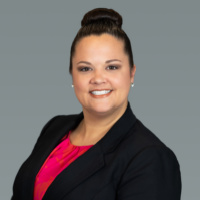
Kristina Rodriguez, As a Regional Operations Manager for brokerage in Virginia and North Carolina, Kristina effortlessly coordinate the efficient and effective delivery of the corporate support processes for the brokerage division, including the human resources, finance, and information technology areas. During her 20+ years in real estate, she has worked alongside C-level executives, top producing and high profile office and industrial advisors along with other movers and shakers within the industry. Her tenure in the business gives her a keen understanding of the broker and operations relationship and how it impacts the client experience. Kristina is also a Co-Manager of the Employee Resource Group (ERG) for Colliers’ North America Diversity, Equity and Inclusion Program. As a U.S. Army MP Veteran, her focus is on the Veterans Initiative with a mission to provide opportunities in recruiting, mentoring, networking, and professional development for military veterans and family members of veterans working at Colliers. Connect with Kristina on LinkedIn.
